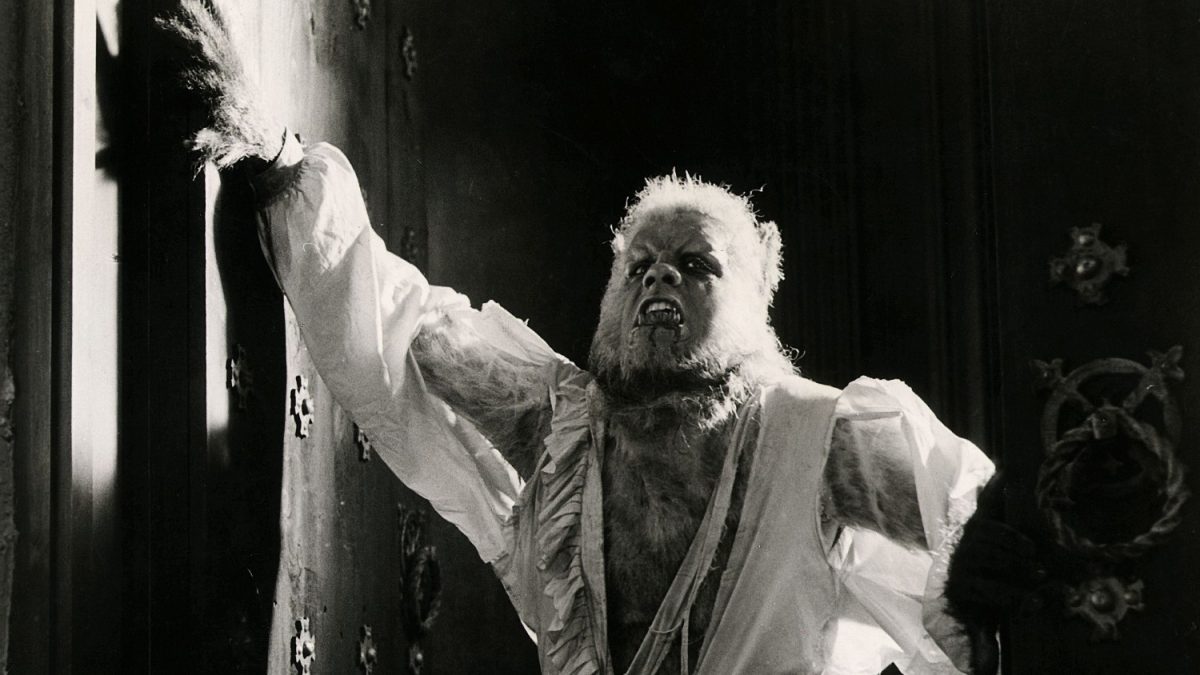
So, you want to be a werewolf?
That was a thought which crossed my mind when I was child. I’d already served as a secret agent and then briefly orbited the living room as an astronaut, before returning to a life of quiet contemplation in books and television. I wanted a dog but as my parents couldn’t afford one I opted for what I thought was the next best thing – to become a werewolf.
I had studied the proper films. Had learned one must be either bitten or cursed, or be the progeny of misfortune. I learned this first from Henry Hull in The Werewolf of London where he was forever altered by the bite of a lycanthrope on a journey to Tibet to uncover the elusive mariphasa plant. Then late one night, while watching the Scottish Television strand Don’t Watch Alone, I learned of another route to a life in werewolfery. A poor mute woman was raped by a demented beggar, who had been imprisoned for slighting a nobleman in The Curse of the Werewolf. The offspring was Oliver Reed born on Christmas Day, which was a supposed affront to the Christ child. The bastard Reed was forever cursed to be a werewolf. Then came the terrier-like Lon Chaney’s The Wolfman, another man cursed again by a werewolf’s bite:
Even a man who is pure in heart, and says his prayers by night;
May become a wolf when the wolfbane blooms and the autumn moon is bright.
I had studied as best I could and learnt the ways by which I might become a werewolf. But nothing happened. But of course. I knew it a fantasy best kept to the playground or those lucid moments before sleep.
The werewolf appealed because it represented all that was repressed. The animalistic life. The violent world that lurked in the shallows of the drunk who changed personality with a misheard sentence. Or, perhaps the wilderness denied by the the town planners who favoured Brutalist architecture to tame the beast, yet never understood how such austere lines only inspired the worst in our natures.
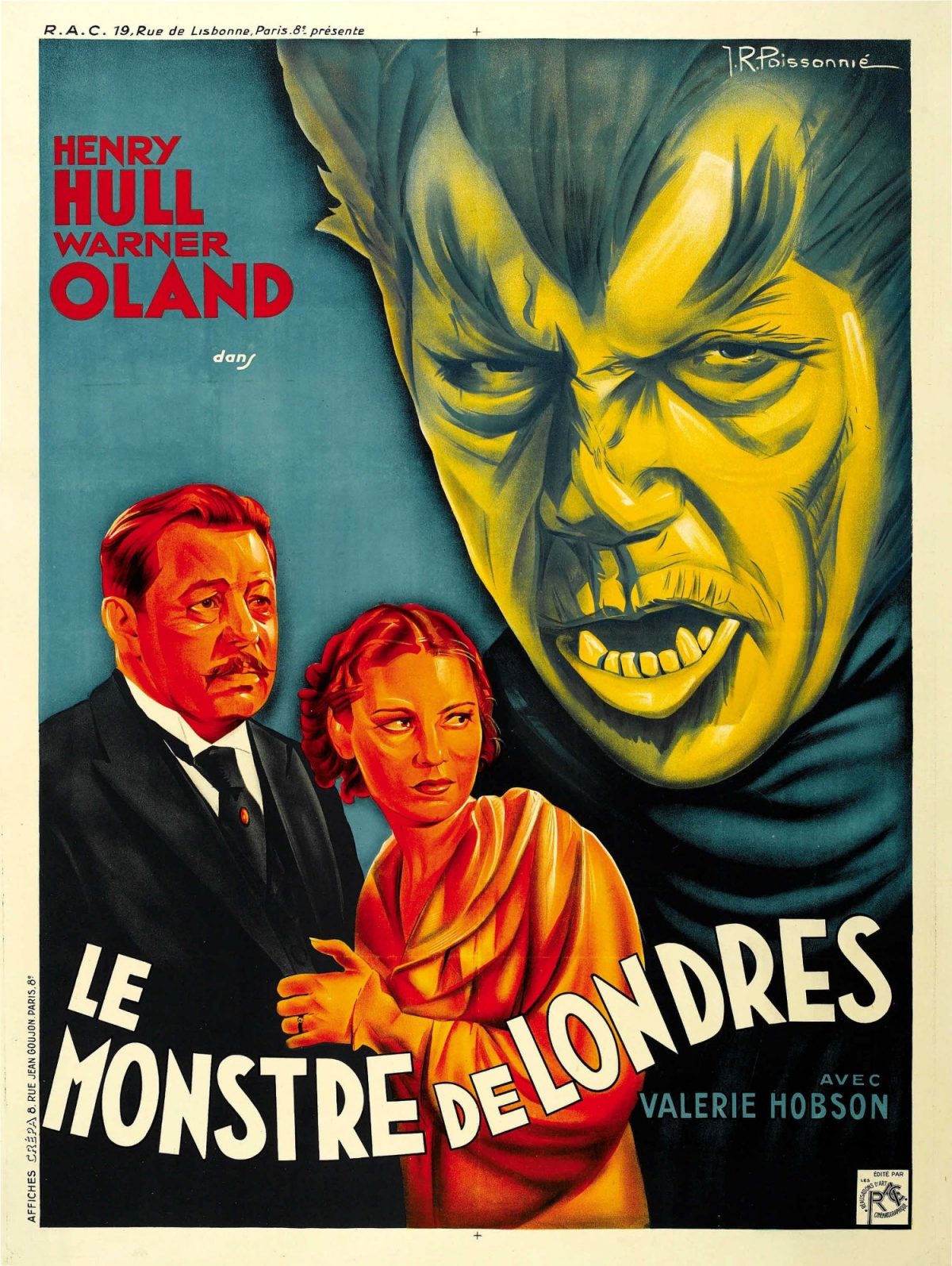
Some thought the werewolf too close to Robert Louis Stevenson‘s Dr. Jekyll and Mr. Hyde. They had a point. Isn’t the werewolf the wrathful parent, the angry drunk, the hormonal teenager at a loss to control their emotions?
I suppose I recognised in the werewolf some dark essence that worked as a shadow to how I was supposed to behave?
This may explain why so many respected actors (often with alleged addiction problems) have chosen to play this divided creature–one at odds with themselves and with others.
I tried to become a werewolf but it never worked. If only, I had known of Elliott O’Donnell’s book Werwolves (1912), which has a whole chapter on the ritual required to unleash the hidden beast. My life may have been significantly different, if I had followed this advice, and probably ended with a silver bullet to the heart by now.
In Werwolves, O’Donnell (1872-1965) describes the process necessary to become a lycanthrope. It’s a recipe for which one needs herbs, spices, and a dead cat.
AS I have already stated, in some people lycanthropy is hereditary; and when it is not hereditary it may be acquired through the performance of certain of the rites ordained by Black Magic. For the present I can only deal with the more general features of these rites (which vary according to locality) and the conditions of mind essential to those who would successfully practise these rites. In the first place, it is necessary that the person desirous of acquiring the property of lycanthropy should be in earnest and a believer in those superphysical powers whose favour he is about to ask.
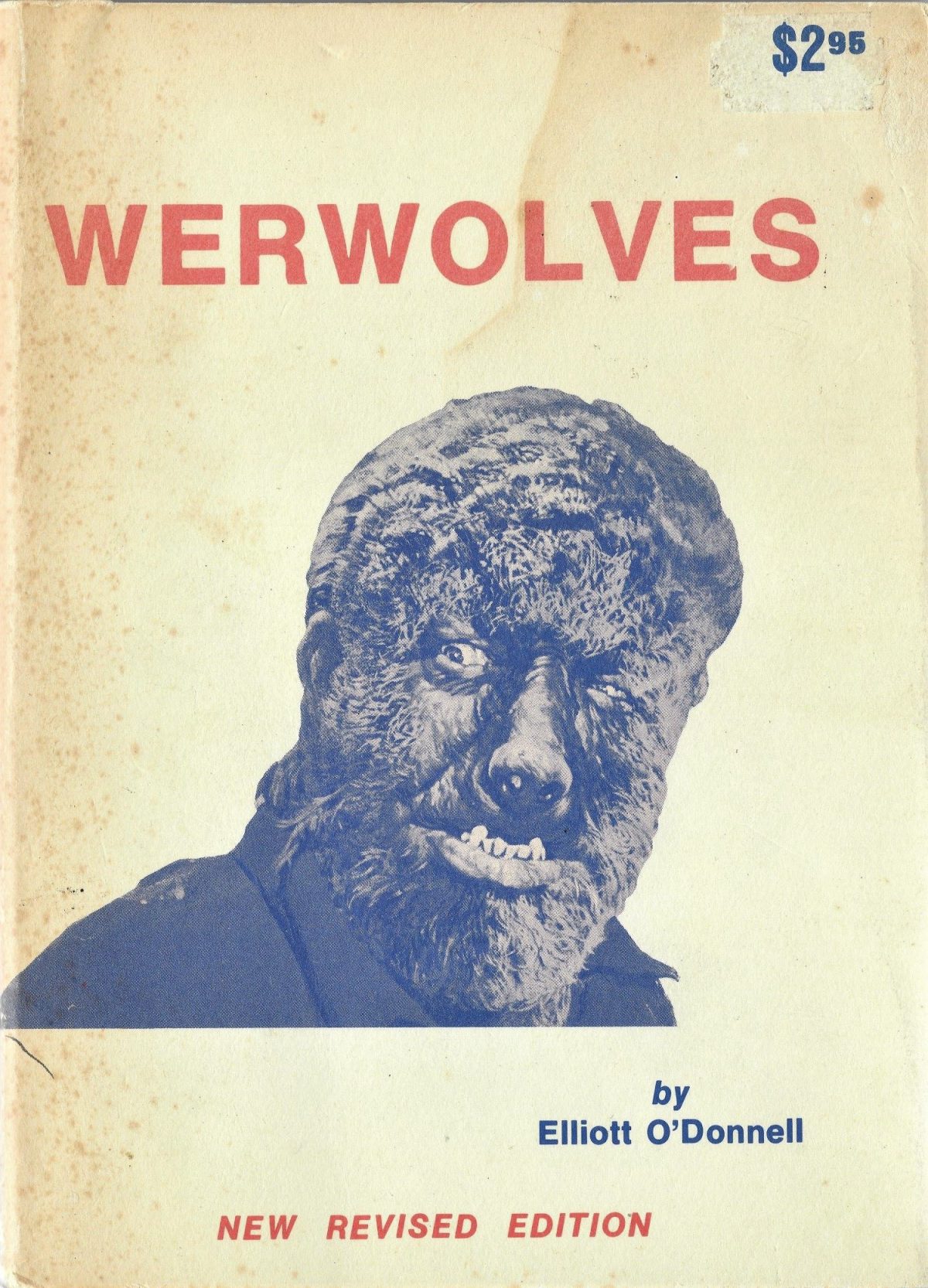
Assuming we have such an individual he must, first of all, betake himself to a spot remote from the haunts of men. The powers to be petitioned are not to be found promiscuously—anywhere. They favour only such waste and solitary places as the deserts, woods, and mountain-tops.
The locality chosen, our candidate must next select a night when the moon is new and strong. He must then choose a perfectly level piece of ground, and on it, at midnight, he must mark, either with chalk or string—it really does not matter which—a circle of not less than seven feet in radius, and within this, and from the same centre, another circle of three feet in radius. Then, in the centre of this inner circle he must kindle a fire, and over the fire place an iron tripod containing an iron vessel of water. As soon as the water begins to boil the would-be lycanthropist must throw into it handfuls of any three of the following substances: Asafœtida, parsley, opium, hemlock, henbane, saffron, aloe, poppy-seed and solanum; repeating as he does so these words:—
“Spirits from the deep
Who never sleep,
Be kind to me.
“Spirits from the grave
Without a soul to save,
Be kind to me.
“Spirits of the trees
That grow upon the leas,
Be kind to me.
“Spirits of the air,
Foul and black, not fair,
Be kind to me.
“Water spirits hateful,
To ships and bathers fateful,
Be kind to me.
“Spirits of earthbound dead
That glide with noiseless tread,
Be kind to me.
“Spirits of heat and fire,
Destructive in your ire,
Be kind to me.
“Spirits of cold and ice,
Patrons of crime and vice,
Be kind to me.
“Wolves, vampires, satyrs, ghosts!
Elect of all the devilish hosts!
I pray you send hither,
Send hither, send hither,
The great grey shape that makes men shiver!
Shiver, shiver, shiver!
Come! Come! Come!”
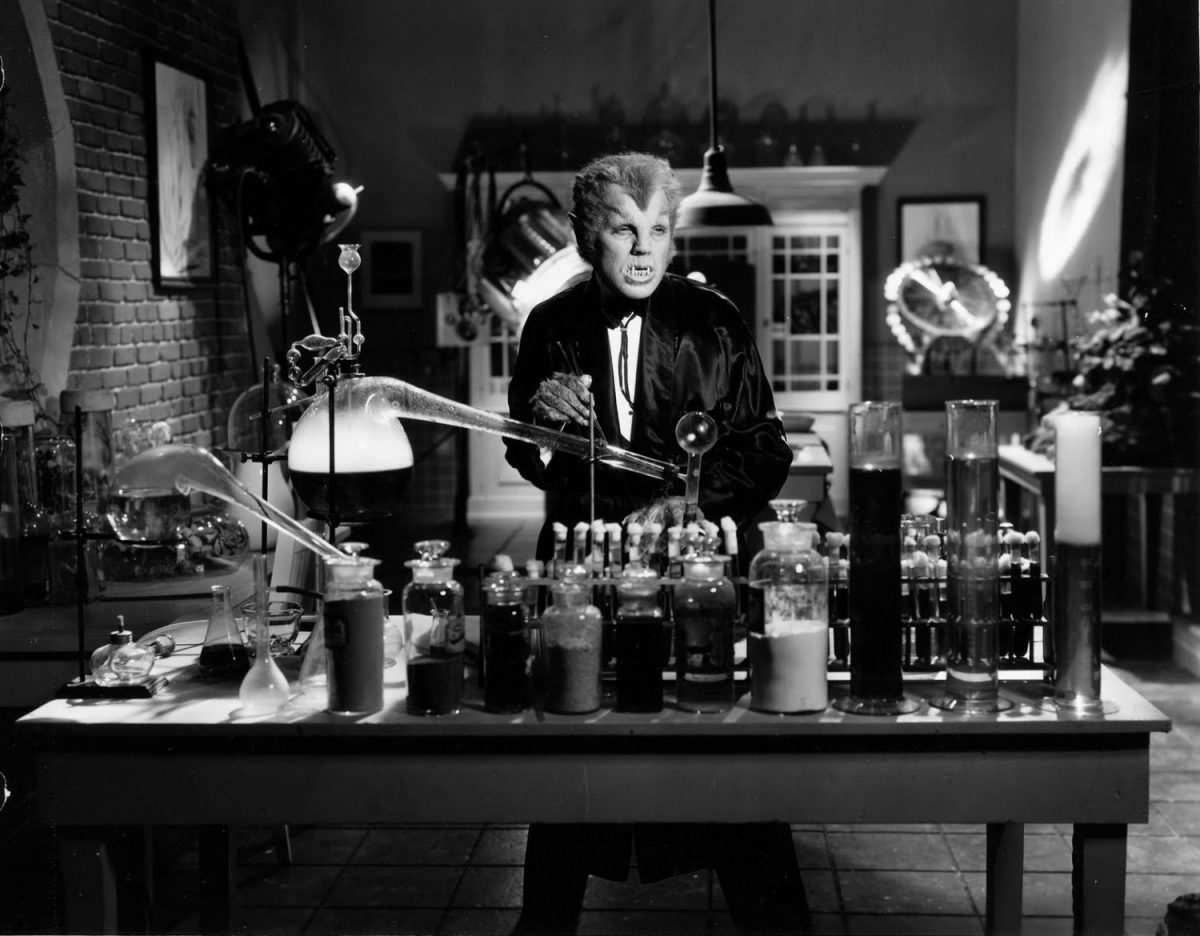
The supplicant then takes off his vest and shirt and smears his body with the fat of some newly killed animal (preferably a cat), mixed with aniseed, camphor, and opium. Then he binds round his loins a girdle made of wolf’s-skin, and kneeling down within the circumference of the first circle, waits for the advent of the Unknown. When the fire burns blue and quickly dies out, the Unknown is about to manifest itself; if it does not then actually appear it will make its presence felt.
There is little consistency in the various methods of the spirit’s advent: sometimes a deep unnatural silence immediately precedes it; sometimes crashes and bangs, groanings and shriekings, herald its approach. When it remains invisible its presence is indicated and accompanied by a sensation of abnormal cold and the most acute terror. It is sometimes visible in the guise of a huntsman—which is, perhaps, its most popular shape—sometimes in the form of a monstrosity, partly man and partly beast—and sometimes it is seen ill defined and only partially materialized. To what order of spirits it belongs is, of course, purely a matter of conjecture. I believe it to be some malevolent, superphysical, creative power, such as, in my opinion, participated largely in the creation of this and other planets. I do not believe it to be the Devil, because I do not believe in the existence of only one devil, but in countless devils. It is difficult to say to what extent the Unknown is believed to be powerful by those who approach it for the purpose of acquiring the gift of lycanthropy; but I am inclined to think that the majority of these, at all events, do not ascribe to it any supreme power, but regard it merely as a local spirit—the spirit of some particular wilderness or forest.
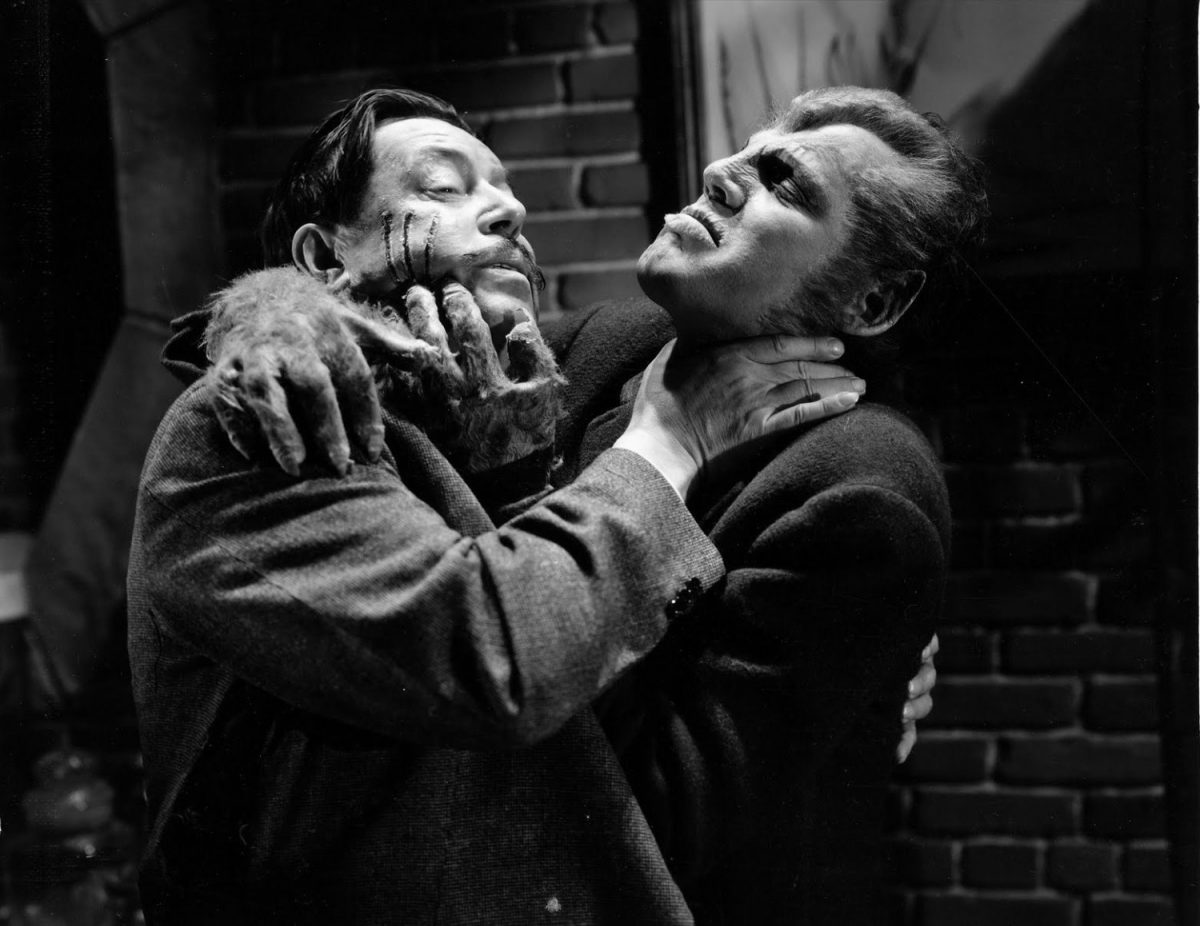
Of course, it is quite possible that the property of werwolfery might be acquired by other than a direct personal communication with the Unknown, as, for example, by eating a wolf’s brains, by drinking water out of a wolf’s footprints, or by drinking out of a stream from which three or more wolves have been seen to drink; but as most of the stories I have heard of werwolfery acquired in this way are of a wild and improbable nature, I think there is little to be learned from the modus operandi they advocate. The following story, which I believe to be true in the main, was told me by a Dr. Broniervski, whom I met in Boulogne.
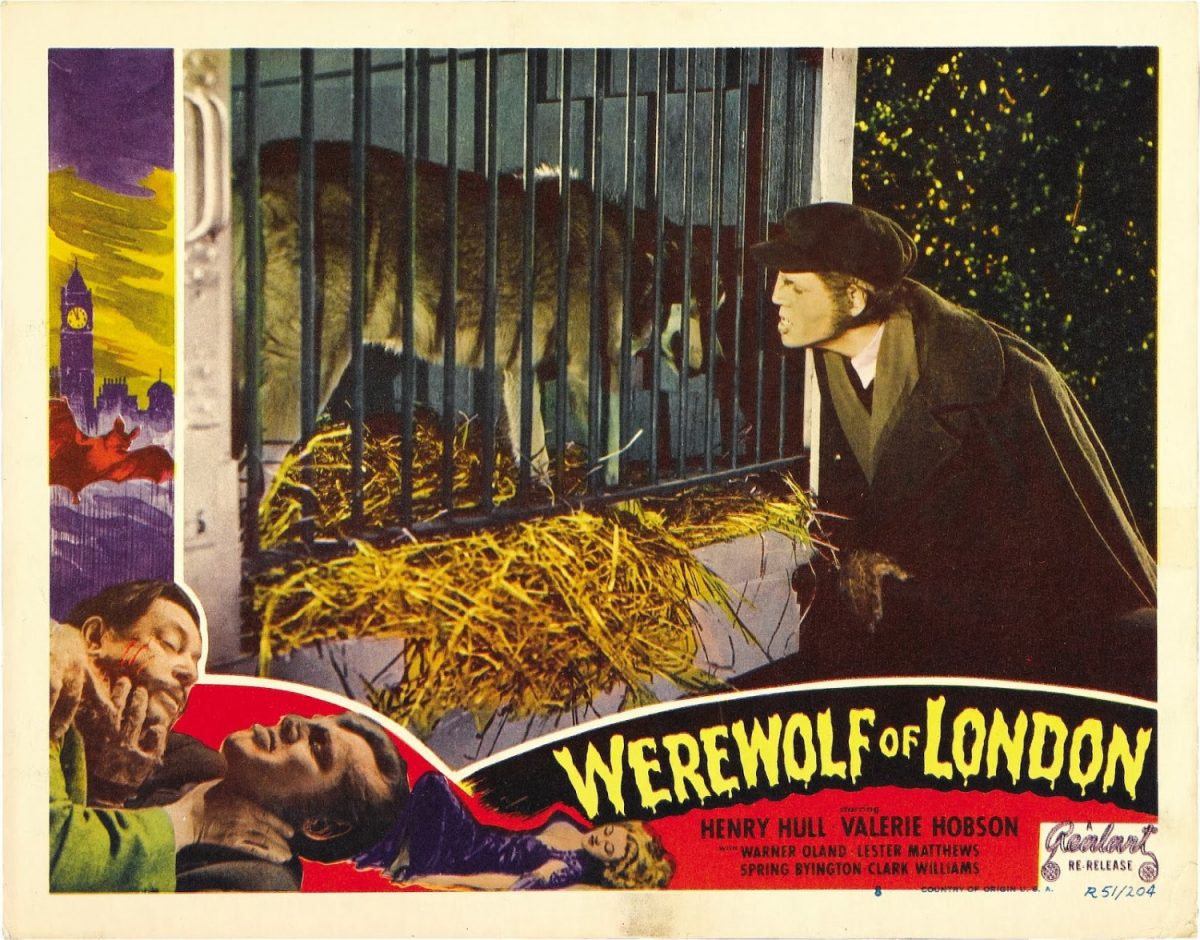
“Ten years ago,” my informant began, “I was engaged in a geological expedition in Montenegro. I left Cetinge in company with my escort, Dugald Dalghetty, a Dalmatian who had served me on many former occasions; but owing to an accident I was compelled to leave him behind at a village about thirty miles east of the capital. As it was absolutely necessary for me to have a guide, I chose a Montenegrin called Kniaz. Dalghetty warned me against him. ‘Kniaz has the evil eye,’ he said; ‘he will bring misfortune on you. Choose some one else.’
“Kniaz was certainly not particularly prepossessing. He was tall and angular, and pock-marked and sandy-haired; and his eyes had a peculiar cast—only a cast, of course, nothing more. To balance these detractions he was civil in his manners and extremely moderate in his terms. Dalghetty, faithful fellow, almost wept as he watched us depart. ‘I shall never see you again,’ he said. ‘Never!’
“Just outside the last cottage in the village we passed a gigantic, broad-shouldered man, clad in the usual clothes of frieze, a black skullcap, wide trousers, and tights from the knee to the ankle. Over his shoulders was a new white strookah, of which he seemed very proud; whilst he had a perfect armament of weapons—rifles, pistols, yatagan—polished up to the knocker—and cartouche-box. He was conversing with a girl at one of the windows, but turned as we came up to him and leered impudently at Kniaz. The sallow in Kniaz’s cheeks turned to white, and the cast in his eyes became ten times more pronounced. But he said nothing—only drooped his head and shuffled a little closer to me.
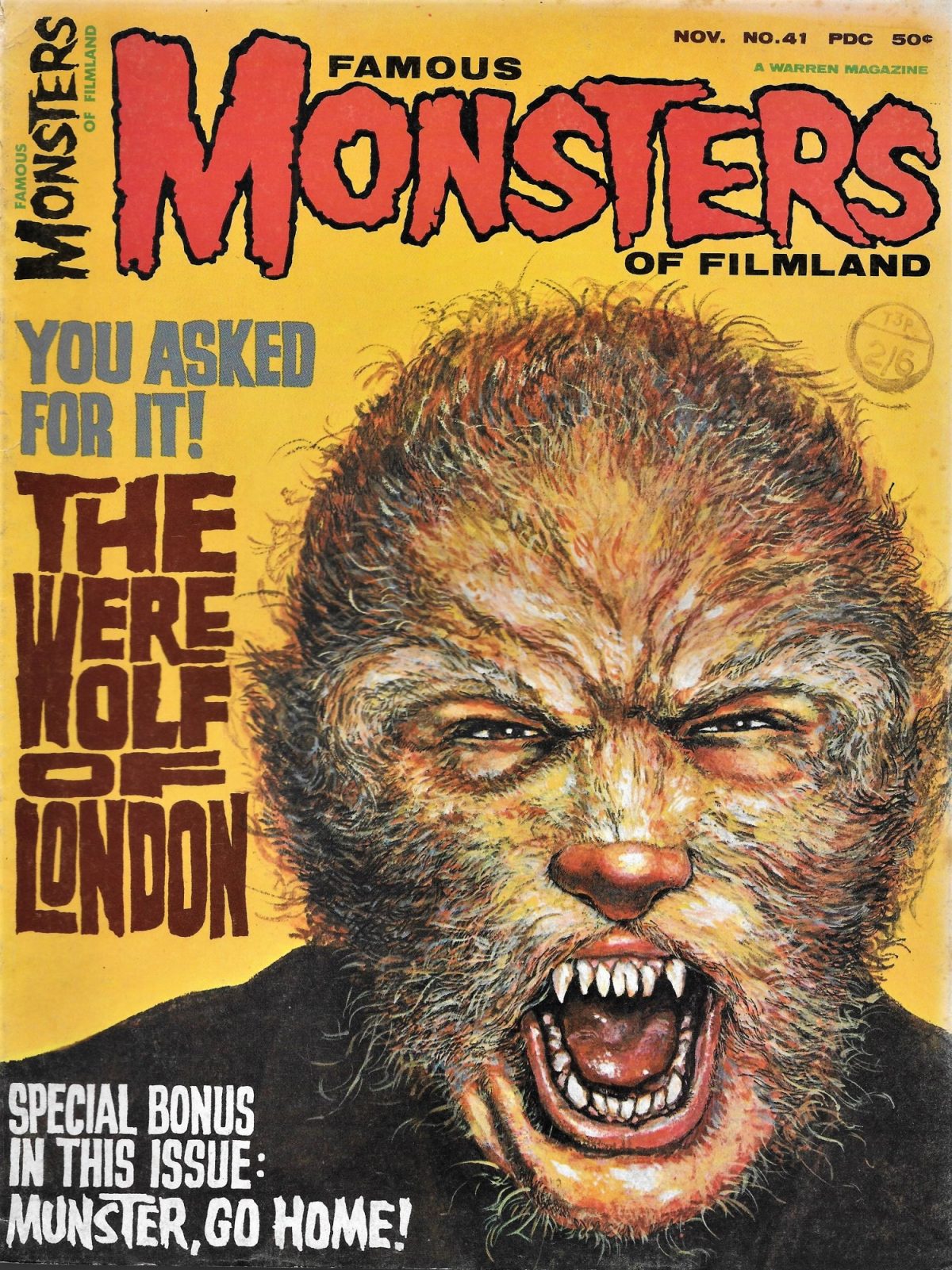
“For the rest of the day he spoke little; and I could tell from his expression and general air of dejection that he was still brooding over the incident. The following morning—we stayed the night in a wayside inn – Kniaz informed me that the route we had intended taking to Skaravoski—the town I meant to make the head quarters for my daily excursions—was blocked (a blood feud had suddenly been declared between two tribes), and that consequently we should have to go by some other way. I inquired who had told him and whether he was sure the information was correct. He replied that our host had given him the warning, and that the possibility of such an occurrence had been suggested to him before leaving Cetinge. ‘But,’ he added, ‘there is no need to worry, for the other road, though somewhat wild and rough, is, in reality, quite as safe, and certainly a good league and a half shorter.’ As it made no very great difference to me which way I went, I acquiesced.
There was no reason to suspect Kniaz of any sinister motive—cases of treachery on the part of escorts are practically unknown in Montenegro—and if it were true that some of the tribes were engaged in a vendetta, then I certainly agreed that we could not give them too wide a berth.
At the same time I could not help observing a strange innovation in Kniaz’s character. Besides the sullenness that had laid hold of him since his encounter with the man and girl, he now exhibited a restless eagerness—his eyes were never still, his lips constantly moved, and I could frequently hear him muttering to himself as we trudged along. He asked me several times if I believed in the supernatural, and when I laughingly replied ‘No, I am far too practical and level-headed,’ he said ‘Wait. We are now in the land of spirits. You will soon change your opinion.’
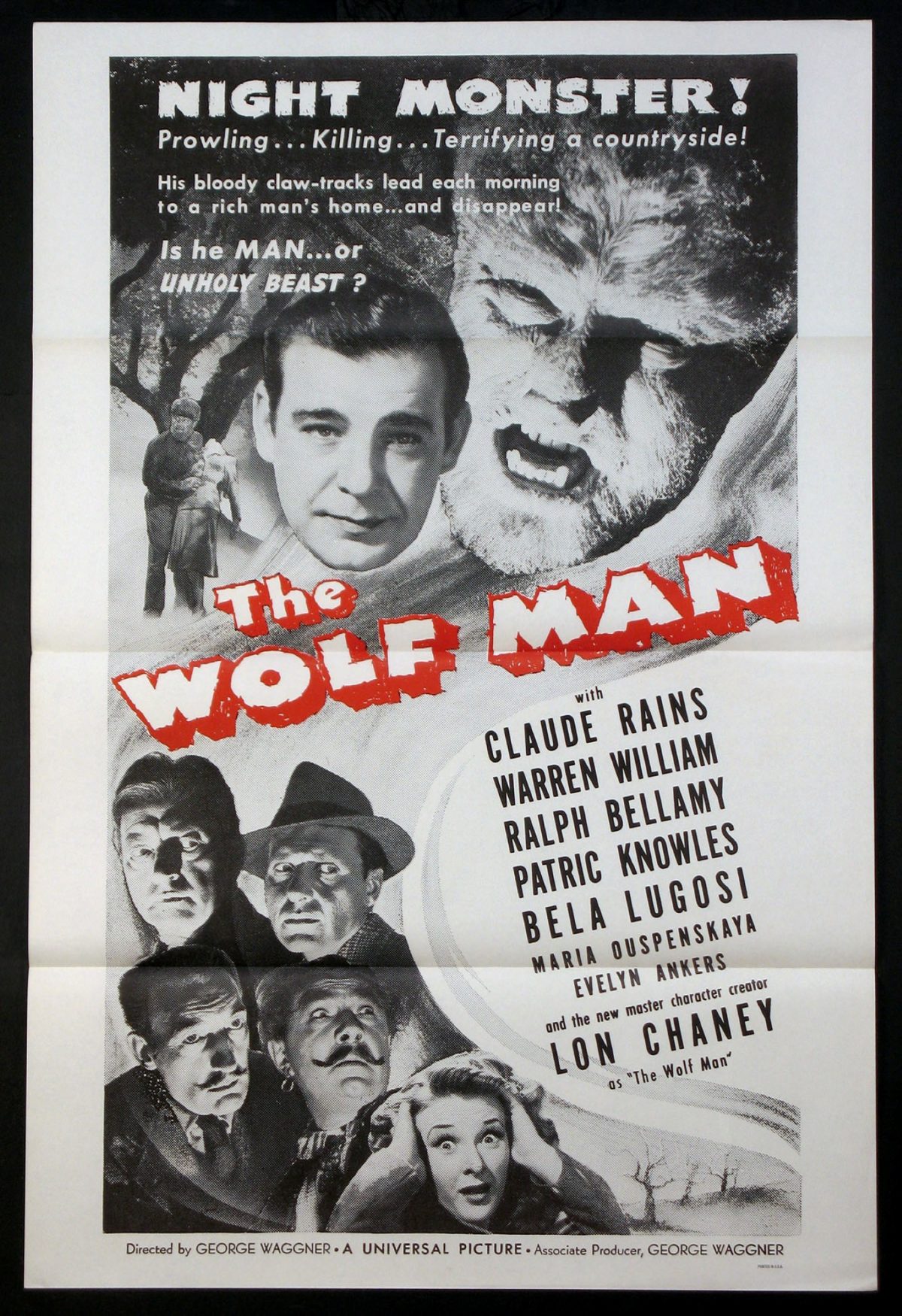
“The country we were traversing was certainly forbidding—forbidding enough to be the hunting ground of legions of ferocious animals. But the supernatural! Bah! I flouted such an idea. All day we journeyed along a lofty ridge, from which, shortly before dusk, it became necessary to descend by a narrow and precipitous declivity, full of danger and difficulty. At the bottom we halted three or four hours, to wait for the moon, in a position sufficiently romantic and uncomfortable. A north-east wind, cold and biting, came whistling over the hills, and seemed to be sucked down into the hollow where we sat on the chilly stones. The moment we sighted the slightly depressed orb of the moon over the vast hill of rocks, and the Milky Way spanning the heavens with a brilliancy seen only in the East, we pushed on again. On, along a painfully rough and uneven track, flanked on either side by perpendicular masses of rock that reared themselves, black and frowning, like some huge ruined wall. On, till we eventually came to the end of the defile. Then an extraordinary scene burst upon us.
“Whilst the irregular line of rocks continued close on our left, beyond it—glittering in the miraculously magnifying moonlight with more gigantic proportions than nature had afforded—was a huge pile of white rocks, looking like the fortifications of some vast fabulous city. There were yawning gateways flanked by bastions of great altitude; towers and pyramids; crescents and domes; and dizzy pinnacles; and castellated heights; all invested with the unearthly grandeur of the moon, yet showing in their wide breaches and indescribable ruin sure proofs that during a long course of ages they had been battered and undermined by rain, hurricane, and lightning, and all the mighty artillery of time. Piled on one another, and repeated over and over again, these strangely contorted rocks stretched as far as the eye could reach, sinking, however, as they receded, and leading the mind, though not the eye, down to the plain below, through which a turbid stream wound its way rebelliously, like some great twisting, twirling, silvery-scaled serpent.
“It was into this gorge that Kniaz in a voice thrilling with excitement informed me we must plunge.
“‘It is called,’ he explained to me, ‘the haunted valley, and it is said to have been from time immemorial under the spell of the grey spirits—a species of phantasm, half man and half animal, that have the power of metamorphosing men into wild beasts.’ Horses, he went on to inform me, showed the greatest reluctance to enter the valley, which was a sure proof that the place was in very truth phantom-ridden. I must say its appearance favoured that theory. The path by which we descended was almost perpendicular, and filled with shadows. Precipices hemmed us in on every side; and here and there a huge fragment of rock, standing like a petrified giant, its summit gleaming white in the moonbeams, barred our way.
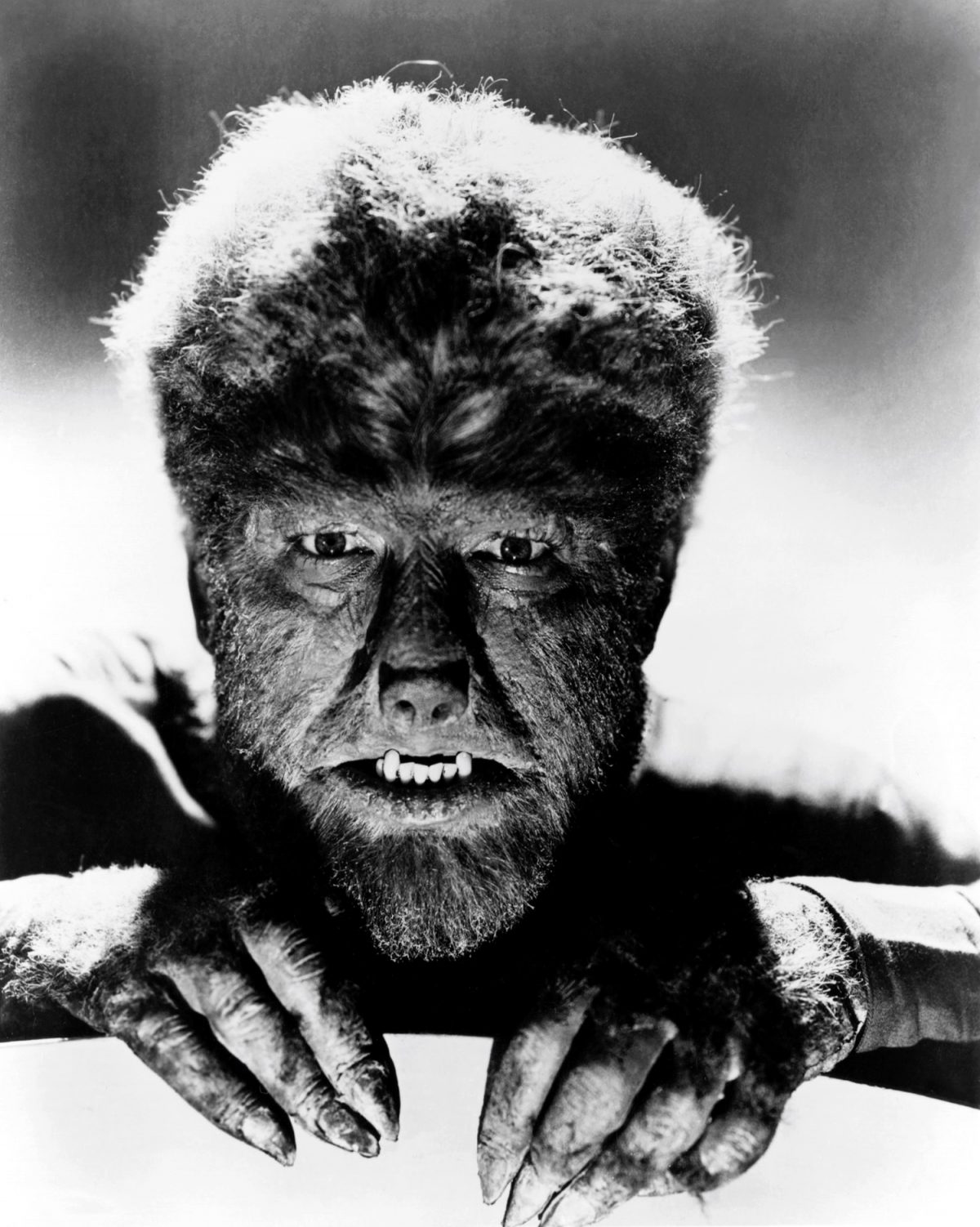
“On reaching the bottom we found ourselves exactly opposite the pile of white rocks, at the base of which roared the stream. Kniaz now declared that our best plan was to halt and bivouac here for the night. I expostulated, saying that I did not feel in the least degree tired, that the spot was far from comfortable, and that I preferred to push on. Kniaz then pleaded that he was too exhausted to proceed, and, in fact, whined to such an extent that in the end I gave way, and lying down under cover of a boulder, tried to imagine myself in bed. I did actually fall asleep, and awoke with the sensation of something crawling over my face. Sitting up, I looked around for Kniaz—he was nowhere to be seen. The oddness of his behaviour, his alternate talkativeness and sullenness, and the anxiety he had manifested to come by this route, made me at last suspicious. Had he any ulterior motive in leading me hither? What had become of him? Where was he? I got up and approached the margin of the stream, and then for the first time I felt frightened. The illimitable possibilities of that enormous mass of castellated rocks towering above me both quelled and fascinated me. Were these flickering shadows shadows, or—or had Kniaz, after all, spoken the truth when he said this valley was haunted? The moonlight rendered every object I looked upon so startlingly vivid, that not even the most trivial detail escaped my notice, and the more I scrutinized the more firmly the conviction grew on me that I was in a neighbourhood differing essentially from any spot I had hitherto visited. I saw nothing with which I had been formerly conversant. The few trees at hand resembled no growth of either the torrid, temperate, or northern frigid zones, and were altogether unlike those of the southern latitudes with which I was most familiar. The very rocks were novel in their mass, their colour, and their stratification; and the stream itself, utterly incredible as it may appear, had so little in common with the streams of other countries that I shrank away from it in alarm. I am at a loss to give any distinct idea of the nature of the water. I can only say it was not like ordinary water, either in appearance or behaviour. Even in the moonlight it was not colourless, nor was it of any one colour, presenting to the eye every variety of green and blue. Although it fell over stones and rocks with the same rapid descent as ordinary water, it made no sound, neither splash nor gurgle. Summoning up courage, I dipped my fingers in the stream; it was quite cold and limpid. The difference did not lie there. I was still puzzling over this phenomenon, still debating in my mind the possibility of the valley being haunted, when I heard a cry—a peculiarly ominous cry—human and yet animal. For a few seconds I was too overcome with fear to move. At last, however, having in some measure pulled myself together, I ventured cautiously in the direction of the noise, and after treading as lightly as I could over the rough and rocky soil for some couple of hundred yards, suddenly came to an abrupt standstill.
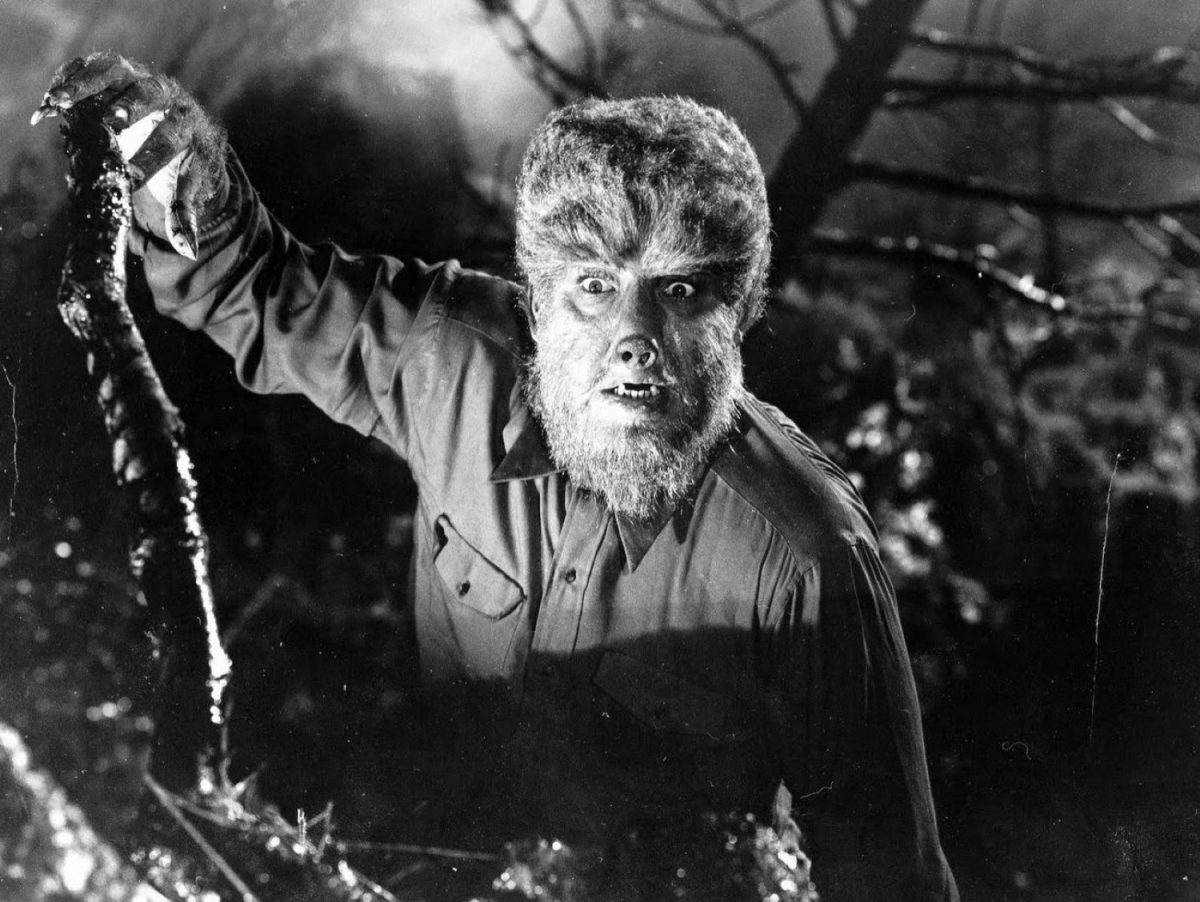
“Kneeling beside the stream with its back turned to me was an extraordinary figure—a thing with a man’s body and an animal’s head—a dark, shaggy head with unmistakable prick ears. I gazed at it aghast. What was it? What was it doing? As I stared it bent down, lapped the water, and raising its head, uttered the same harrowing sound that had brought me thither. I then saw, with a fresh start of wonder, that its hands, which shone very white in the moonlight, were undergoing a gradual metamorphosis. I watched carefully, and first one finger, and then another, became amalgamated in a long, furry paw, armed with sharp, formidable talons.
“I suppose that in my fear and astonishment I made some sound of sufficient magnitude to attract attention; anyhow, the creature at once swung round, and, with a snarl of rage, rushed savagely at me. Being unarmed, and also, I confess, unnerved, I completely lost my presence of mind, and not attempting to escape—though flight would have been futile, for I was nothing of a runner—shrieked aloud for help. The thing sprang at me, its jaws wide open, its eyes red with rage. I struck at it wildly, and have dim recollections of my puny blows landing on its face. It closed in on me, and gripping me tightly round the body with its sinewy arms, hurled me to the ground. My head came in violent contact with a stone, and I lost consciousness. On recovering my senses, I was immeasurably surprised to find Dalghetty sitting on a rock watching me, whilst close beside him was Kniaz, bloodstained and motionless.
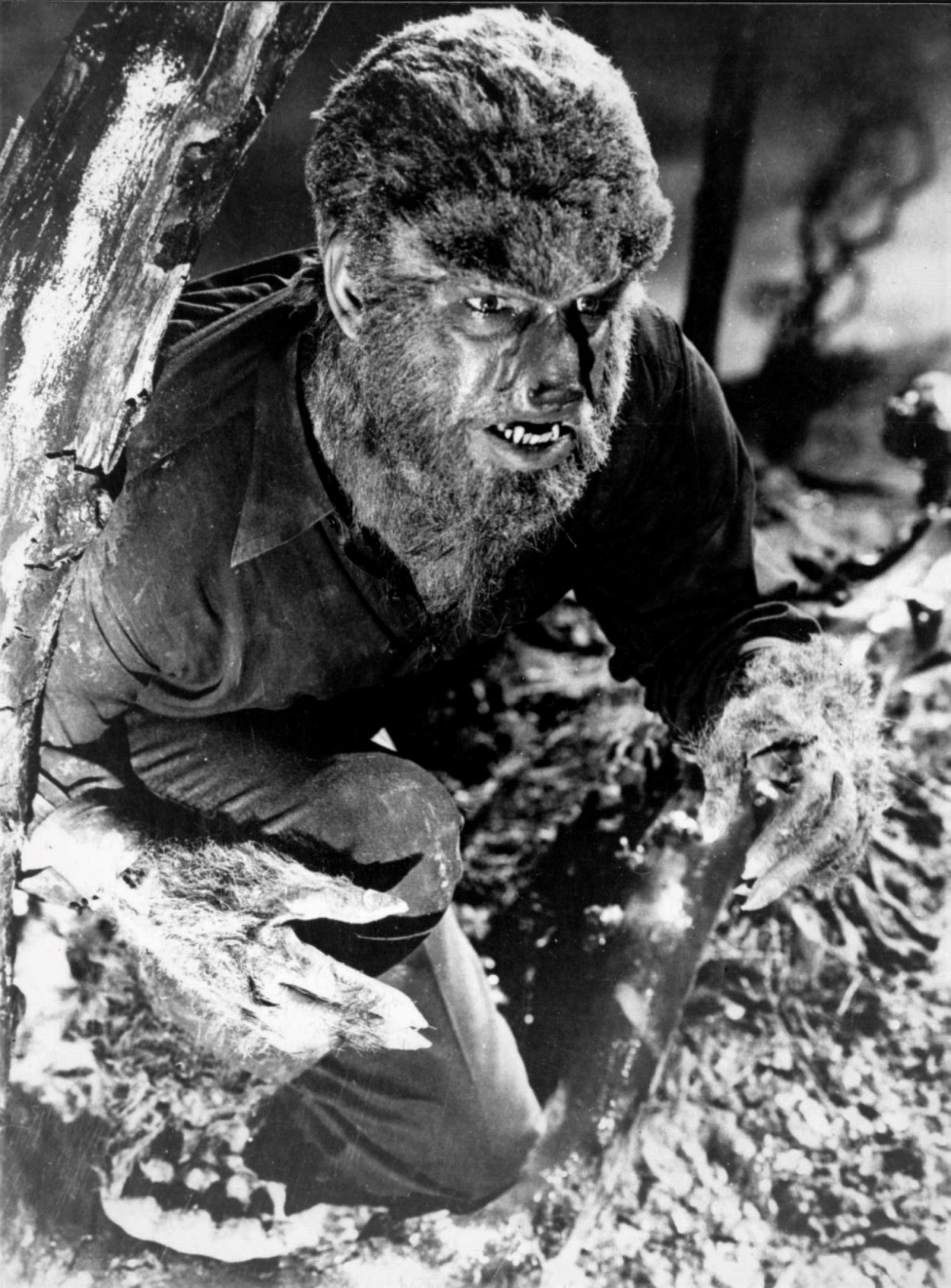
“Dalghetty explained the situation. ‘Convinced that evil would befall you in the company of such a man,’ he said, pointing to the figure at his feet, ‘I determined to set out in pursuit of you. By a miracle, which I attribute to Our Lady, the effects of my accident suddenly wore off, and I felt absolutely well. I borrowed a horse, and, starting from Cetinge at nine this morning, reached the inn where you passed last night at eleven. There I learned the route you had taken, and leaving the horse behind—on such a road I was safer on my legs—I pressed on. The ground, being moist in places, revealed your footprints, and I had no difficulty at all in tracing you to the bottom of the declivity. There I was at sea for some moments, since the rocky soil was too hard to receive any impressions. But hearing the howl of some wild animal, I concluded you were attacked, and, guided by the sound, I arrived here to find a werwolf actually preparing to devour you. A bullet from my rifle speedily rendered the creature harmless, and a close inspection of it proved that my surmises were only too correct. It was none other than our friend here with the evil eye—Kniaz!’
“‘Kniaz a werwolf!’ I ejaculated.
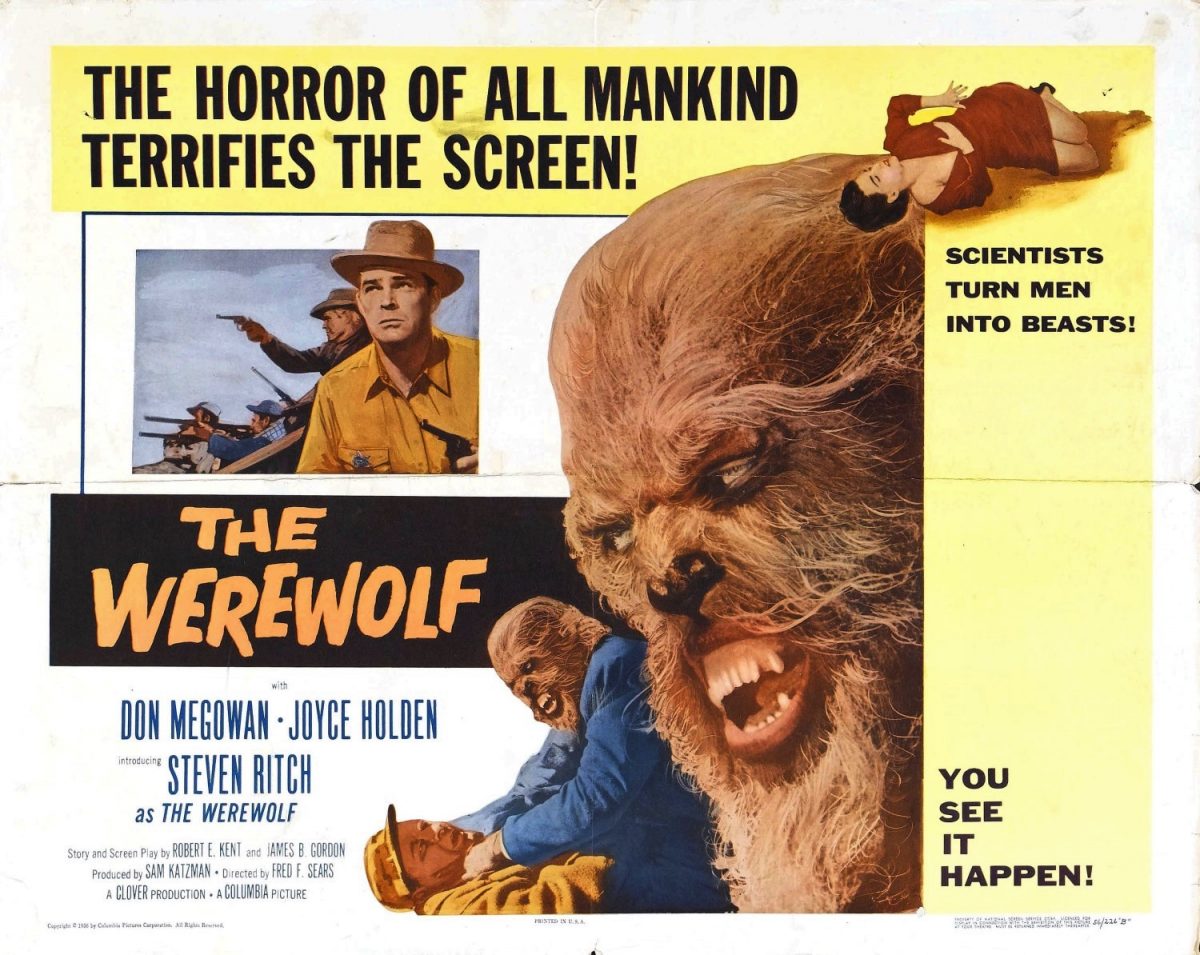
“‘Yes! he inveigled you here because he had made up his mind to drink the water of the enchanted stream, and so become metamorphosed from a man to a wild beast. His object in doing so was to destroy a young farmer who had stolen his sweetheart, and for whom he, as a man, was no match. However, he is harmless now, but it is a warning to you in future to trust no one who has the evil eye.'”
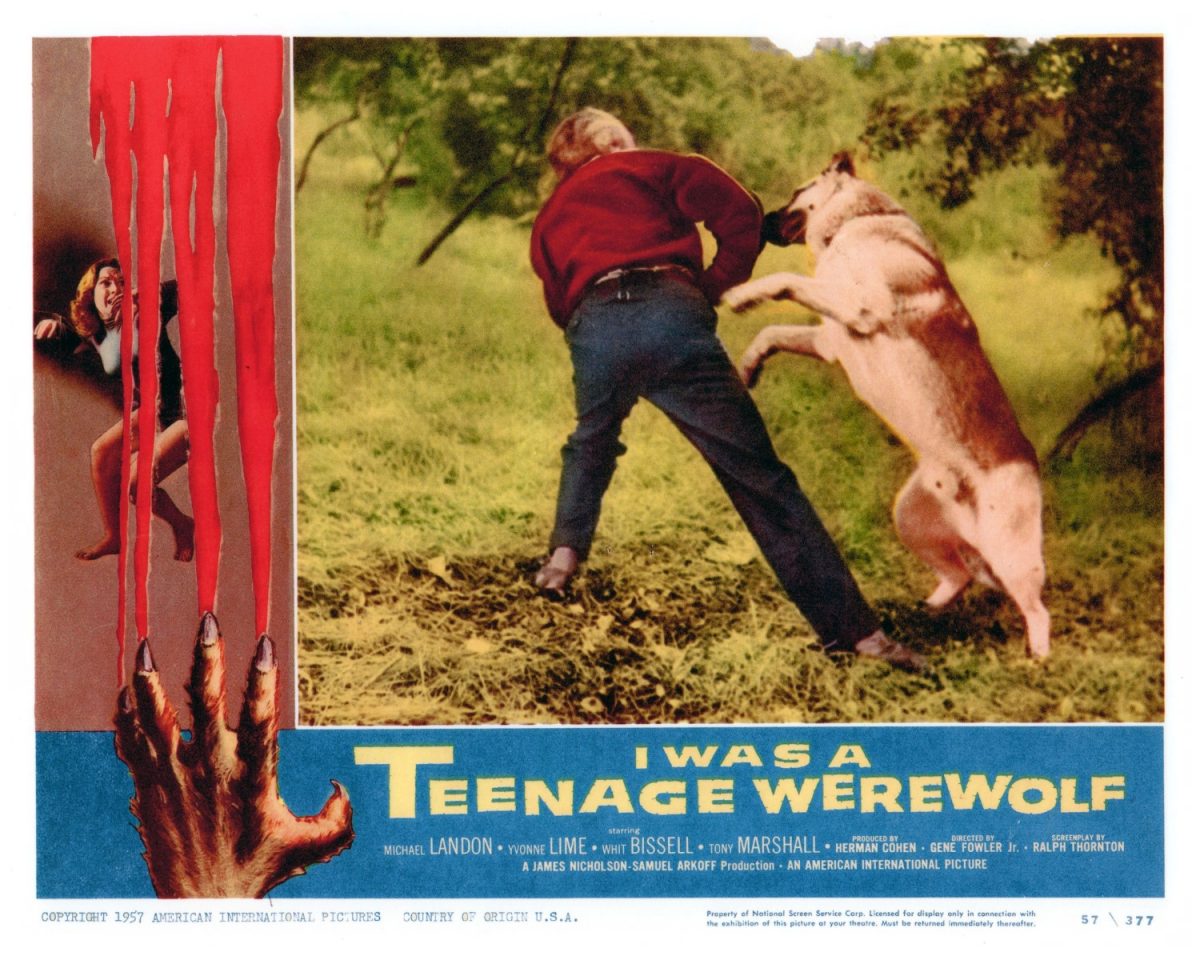
Belief in the evil eye is everywhere prevalent in the East, and it is undoubtedly true that people who have certain peculiarities in their eyes, both with regard to expression, colour, and formation, are people to be avoided. If malevolently inclined, they invariably bring ill-luck on all who become acquainted with them. I have followed the careers of several people in whom I have noticed this baneful feature, and their histories have been one long tale of sin or sorrow—often both.
But though the evil eye denotes an evil superphysical influence, the werwolf is not necessarily possessed of it. Sometimes a werwolf may be told by the long, straight, slanting eyebrows, which meet in an angle over the nose; sometimes by the hands, the third finger of which is a trifle the longest; or by the finger-nails, which are red, almond-shaped, and curved; sometimes by the ears, which are set rather low, and far back on their heads; and sometimes by a noticeably long, swinging stride, which is strongly suggestive of some animal. Either one or other of these features is always present in hereditary werwolves, and is also frequently developed in those people who become werwolves, either at the same time as or soon after they acquire the property.
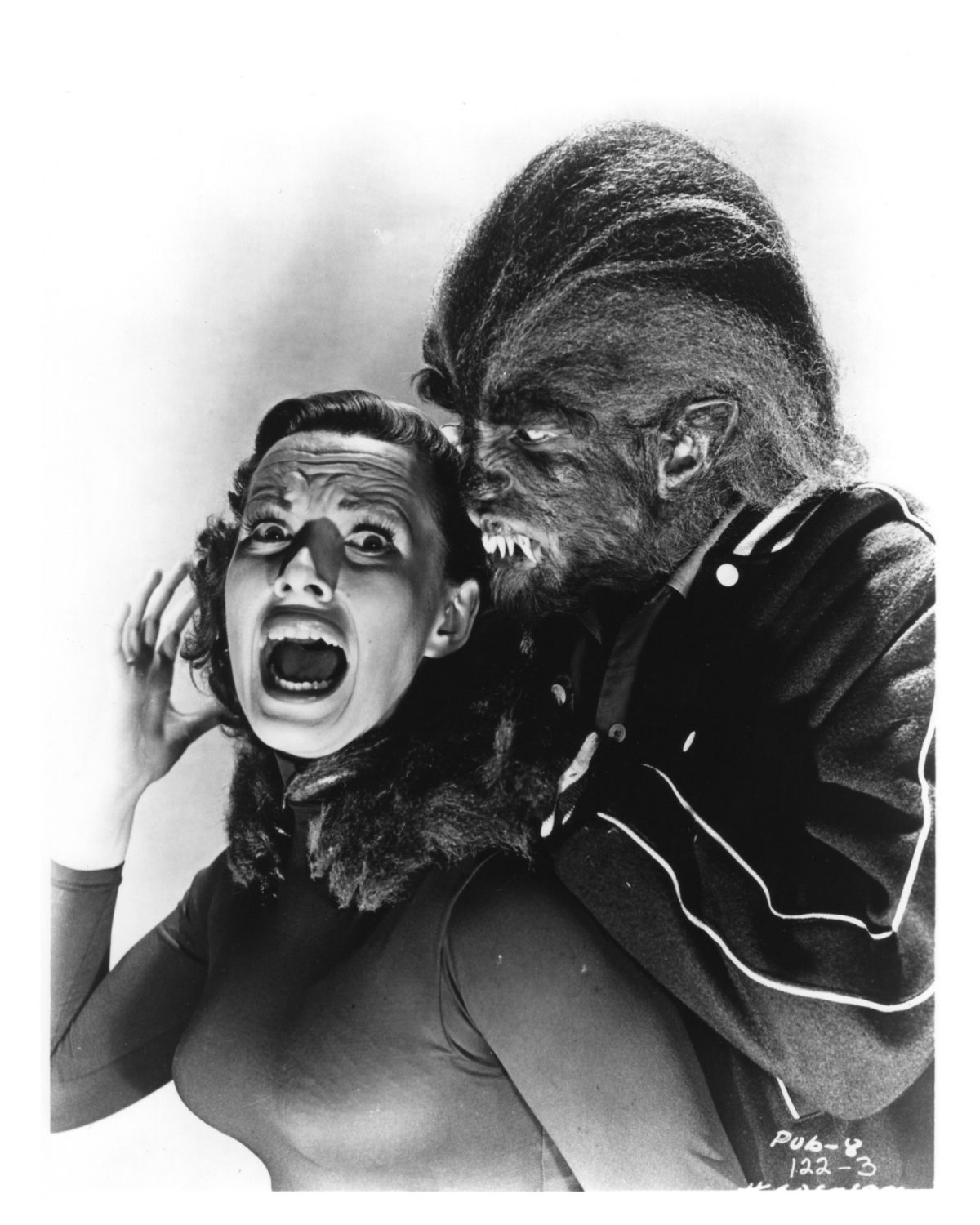
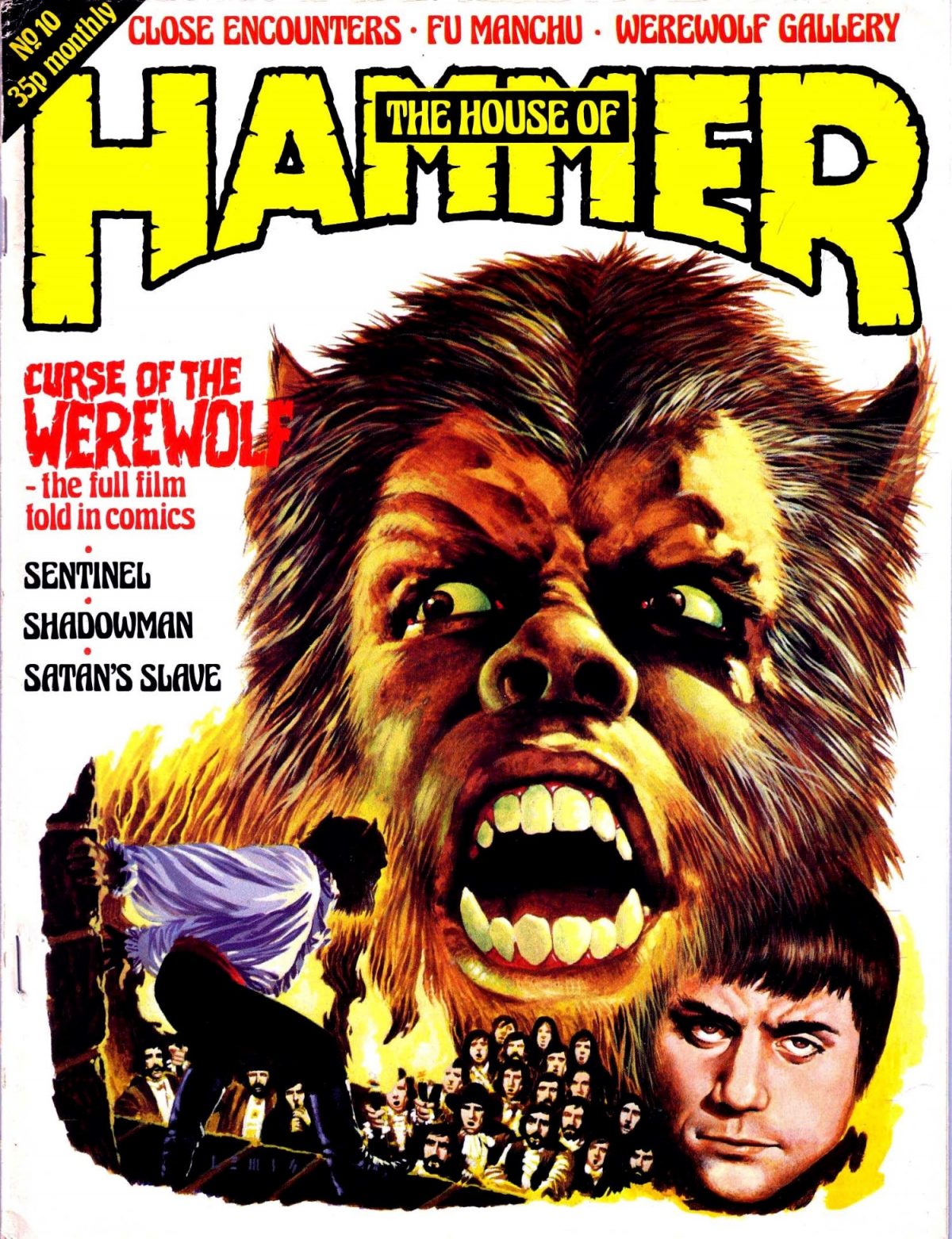
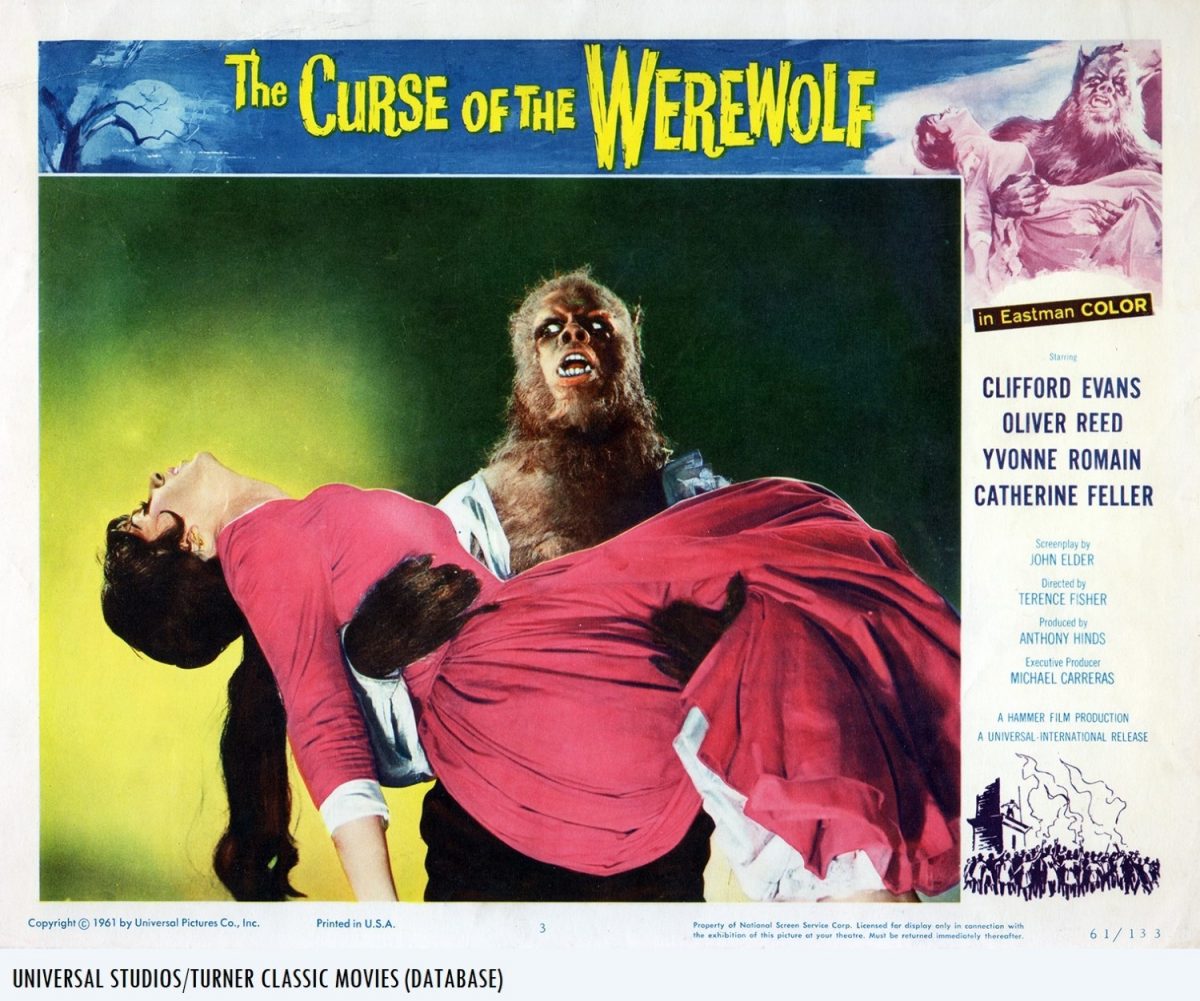
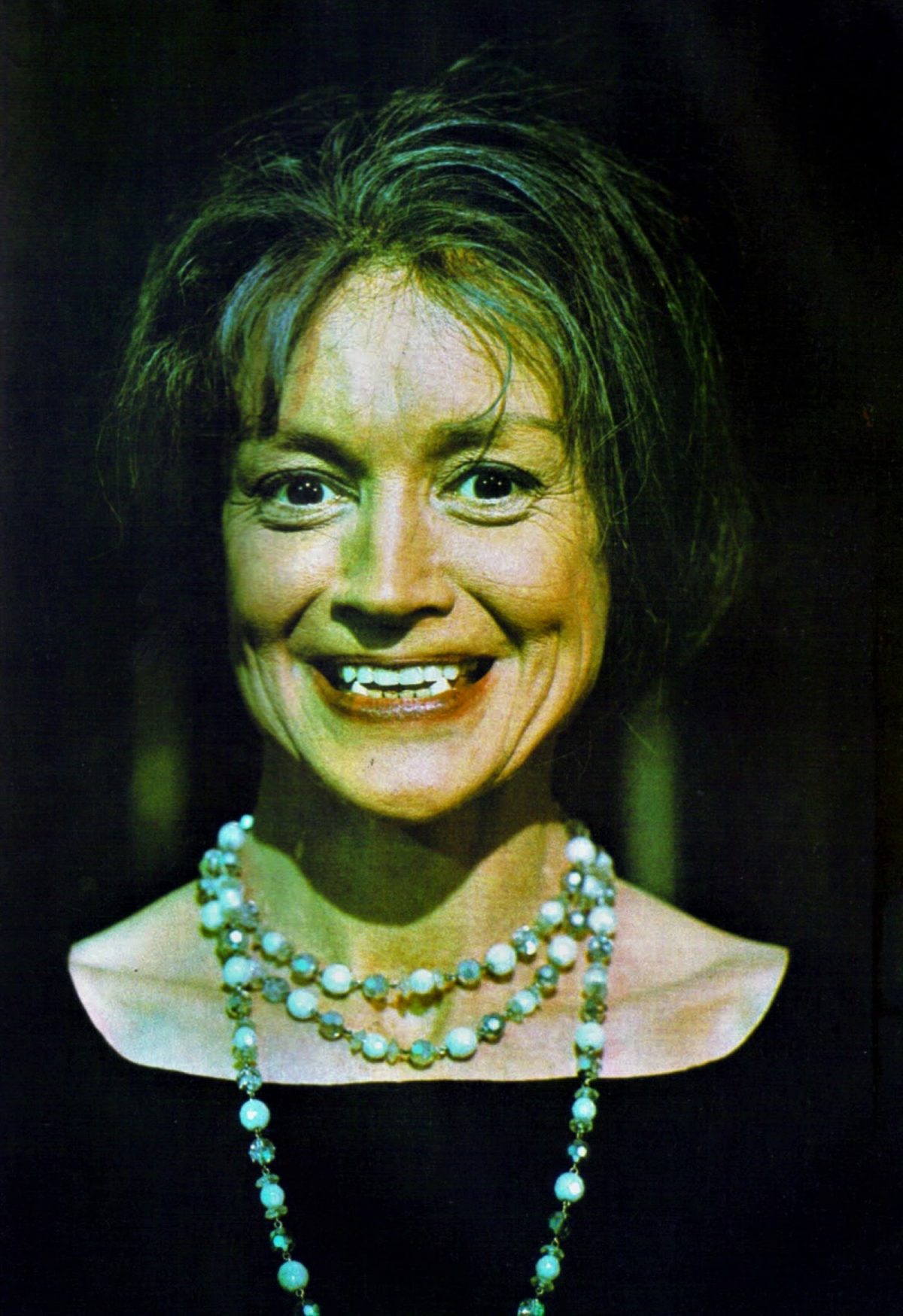
Ursula Howells as the werewolf in ‘Dr Terror’s House of Horrors’ (1965).
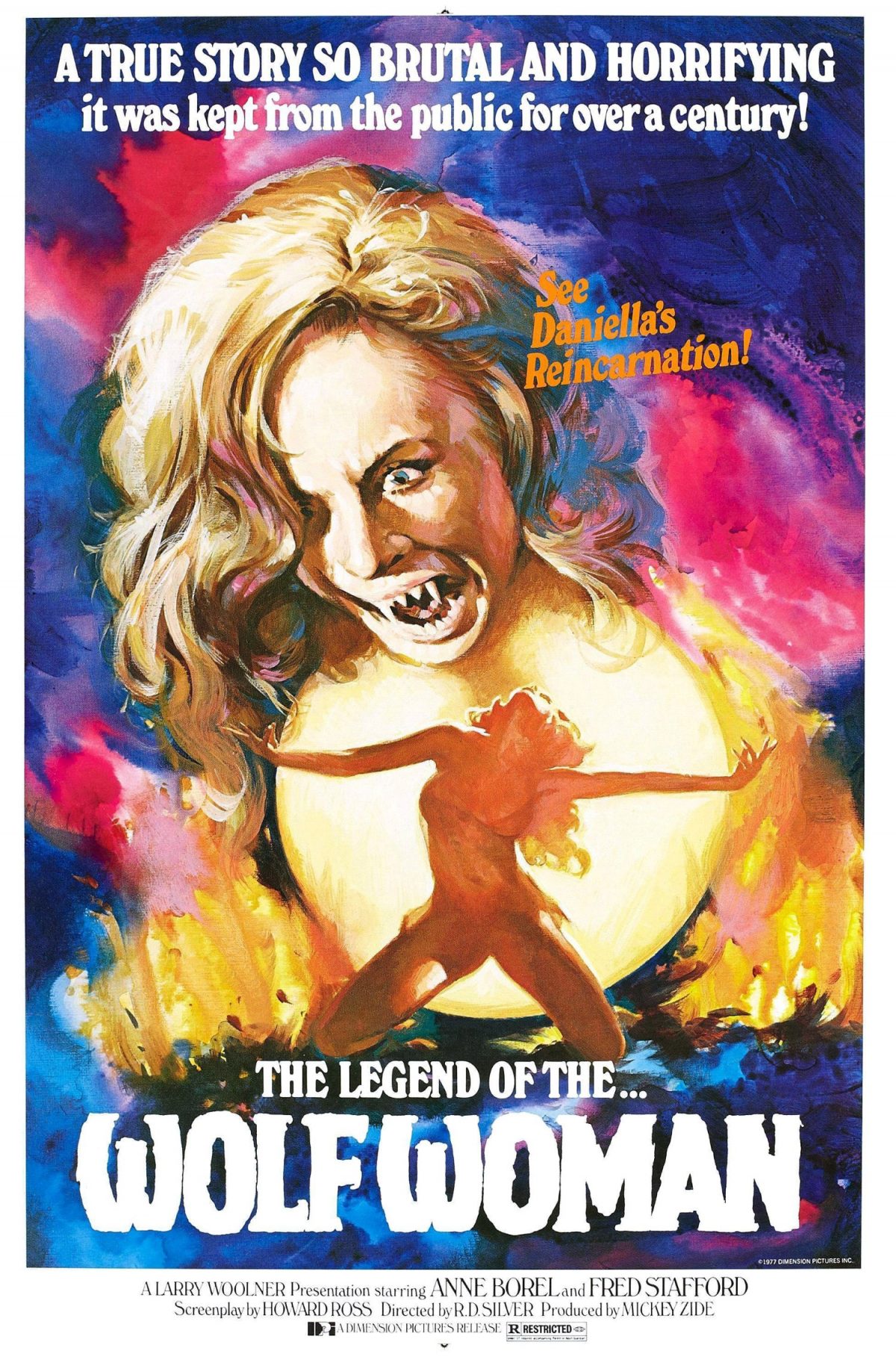
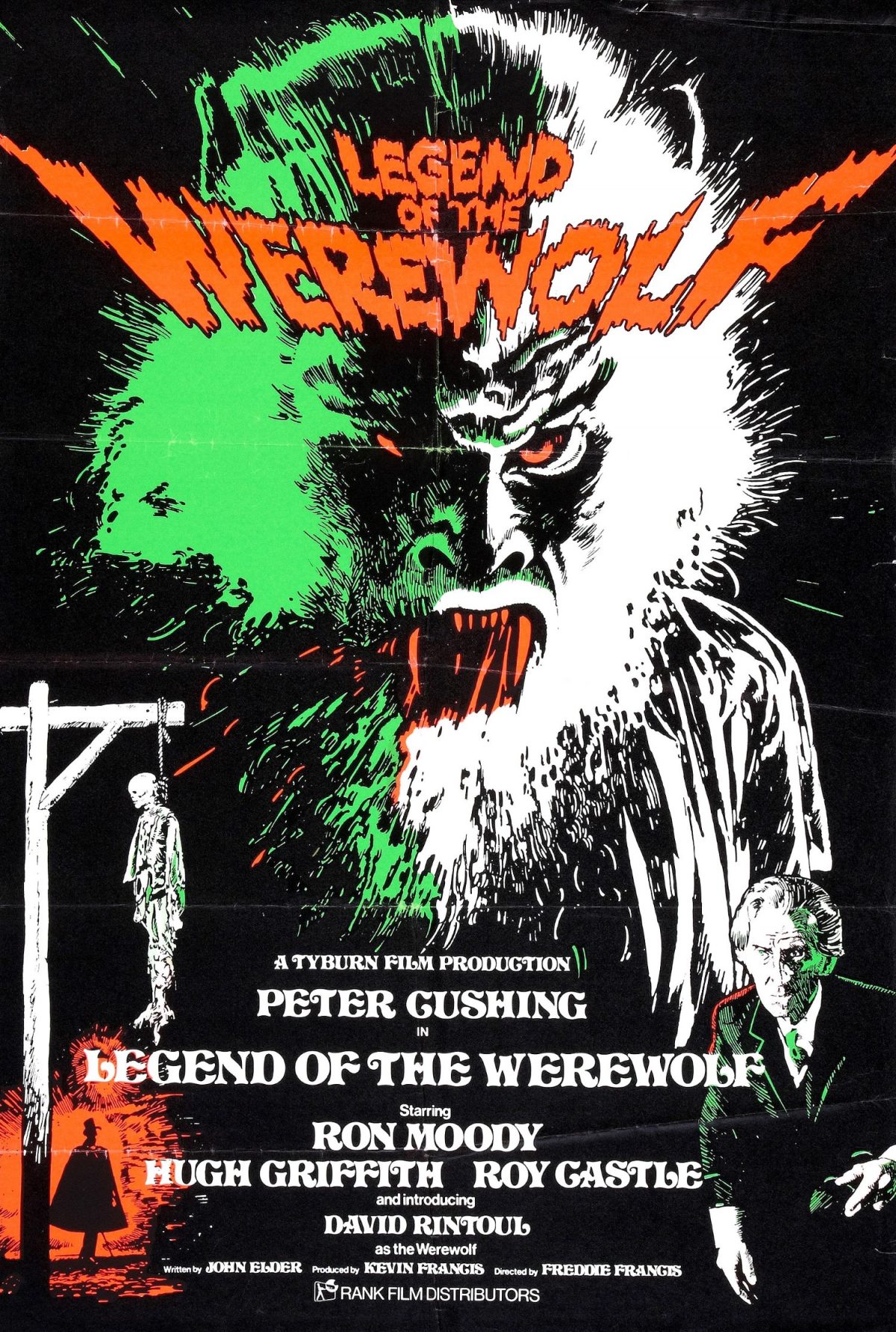
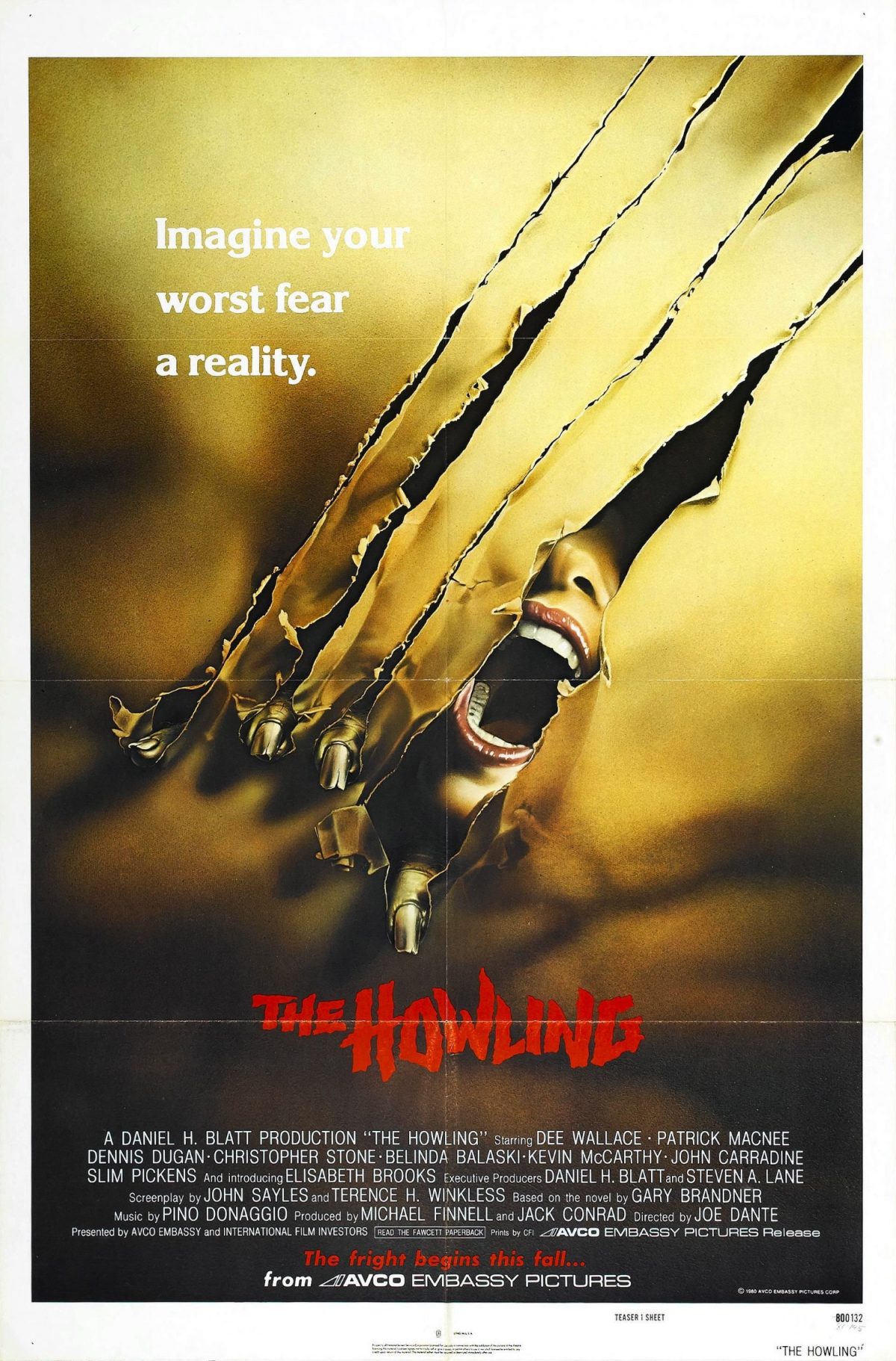
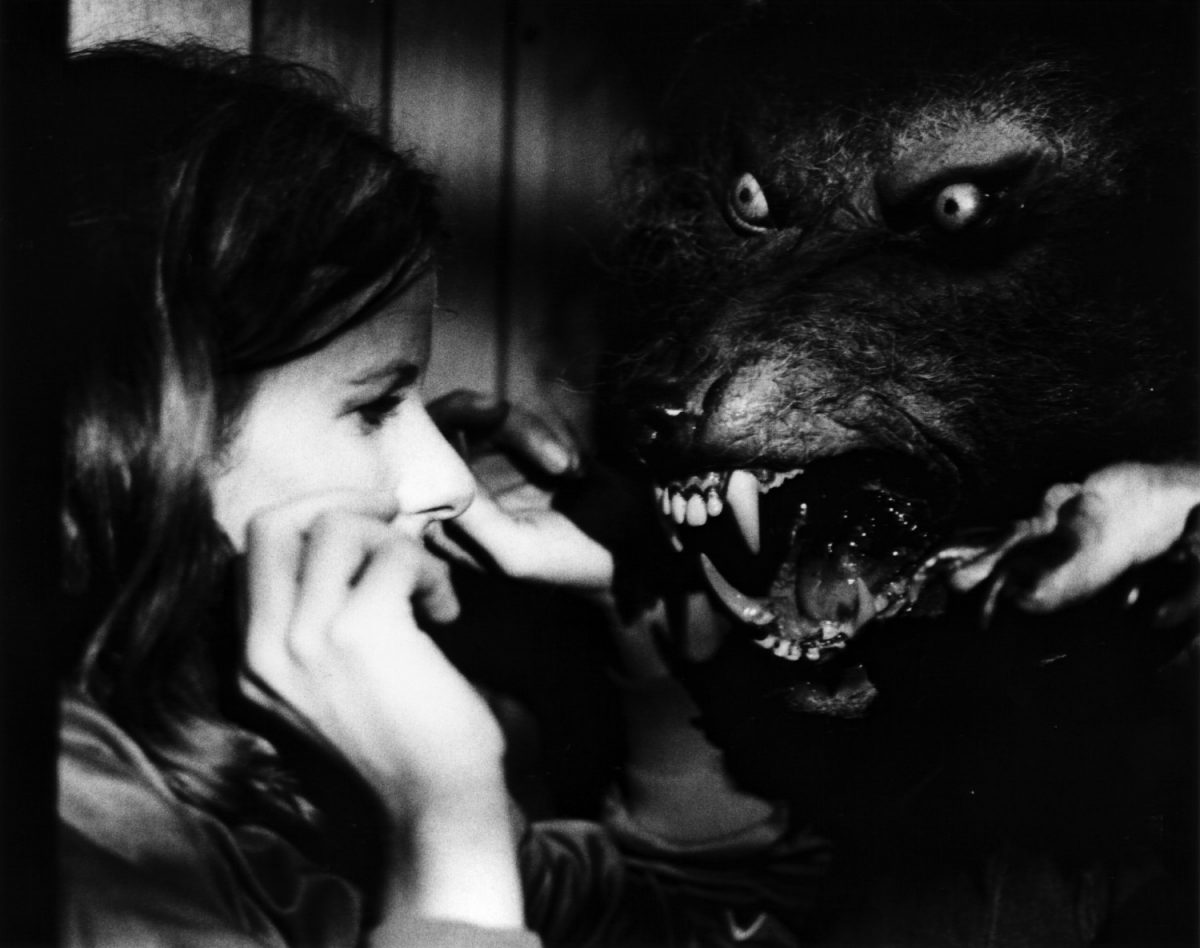
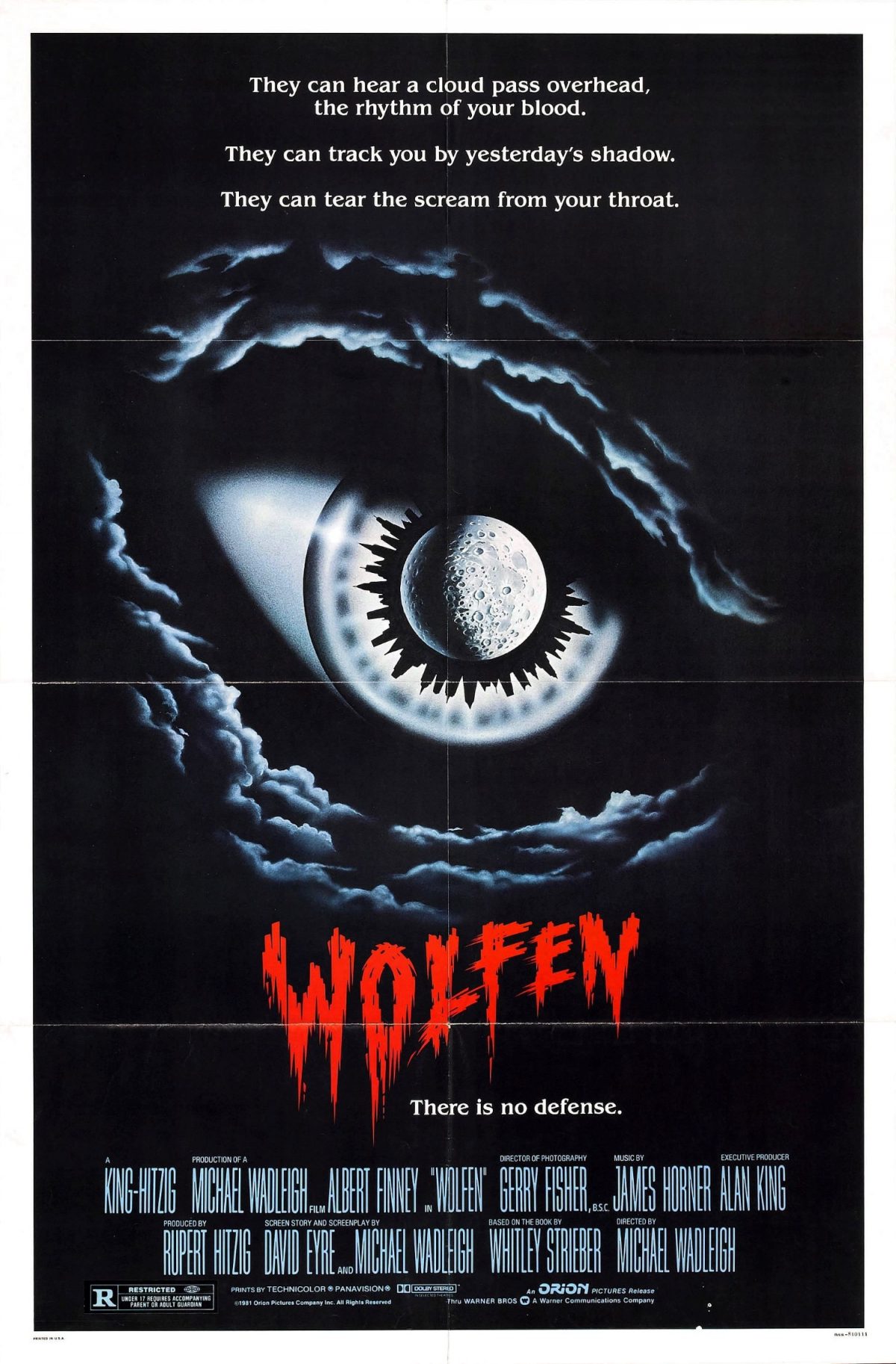
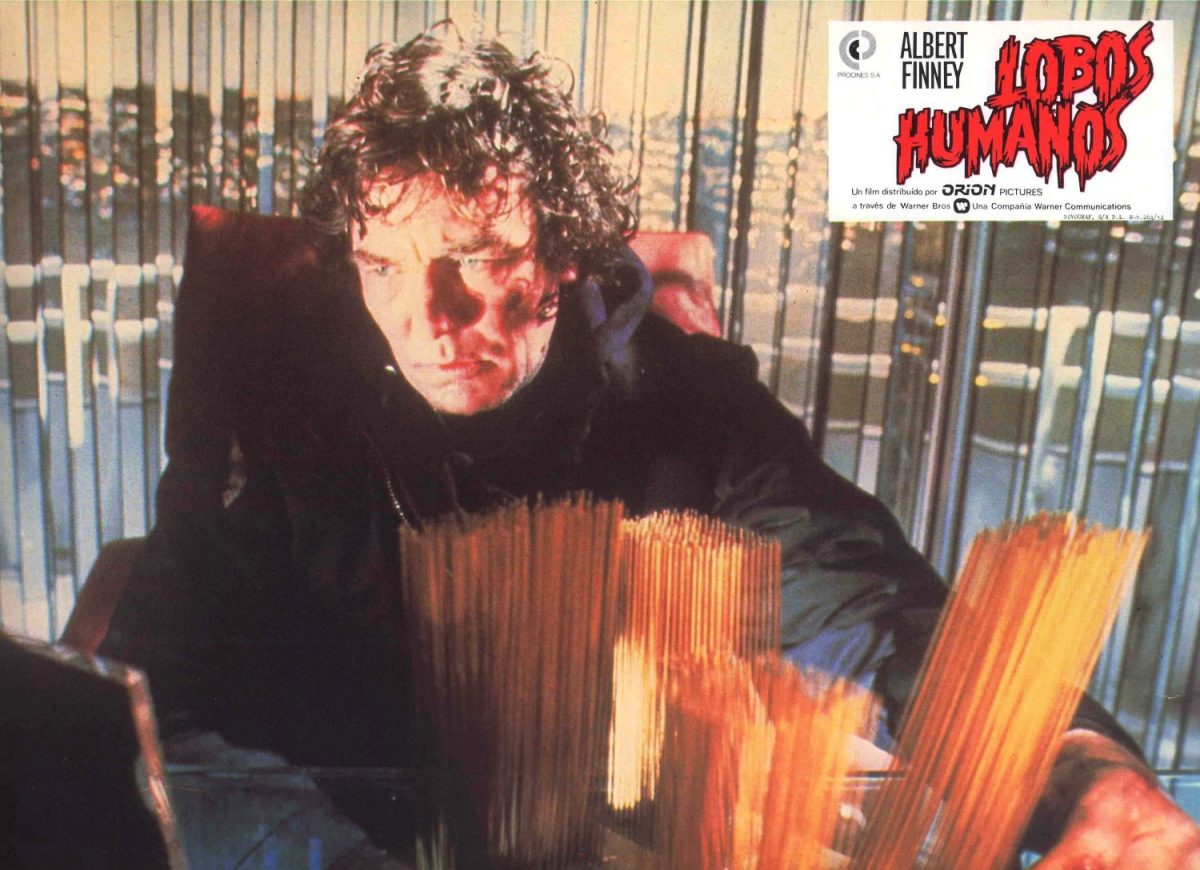
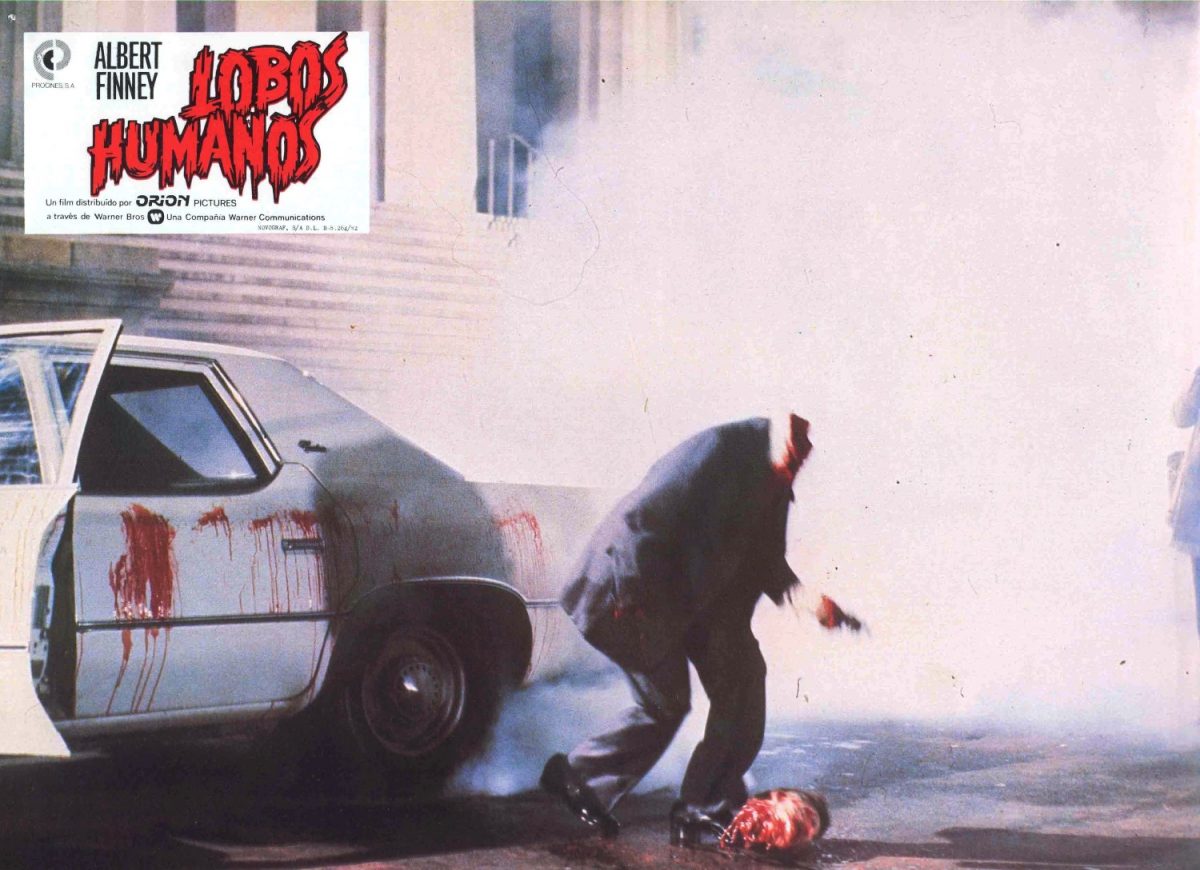
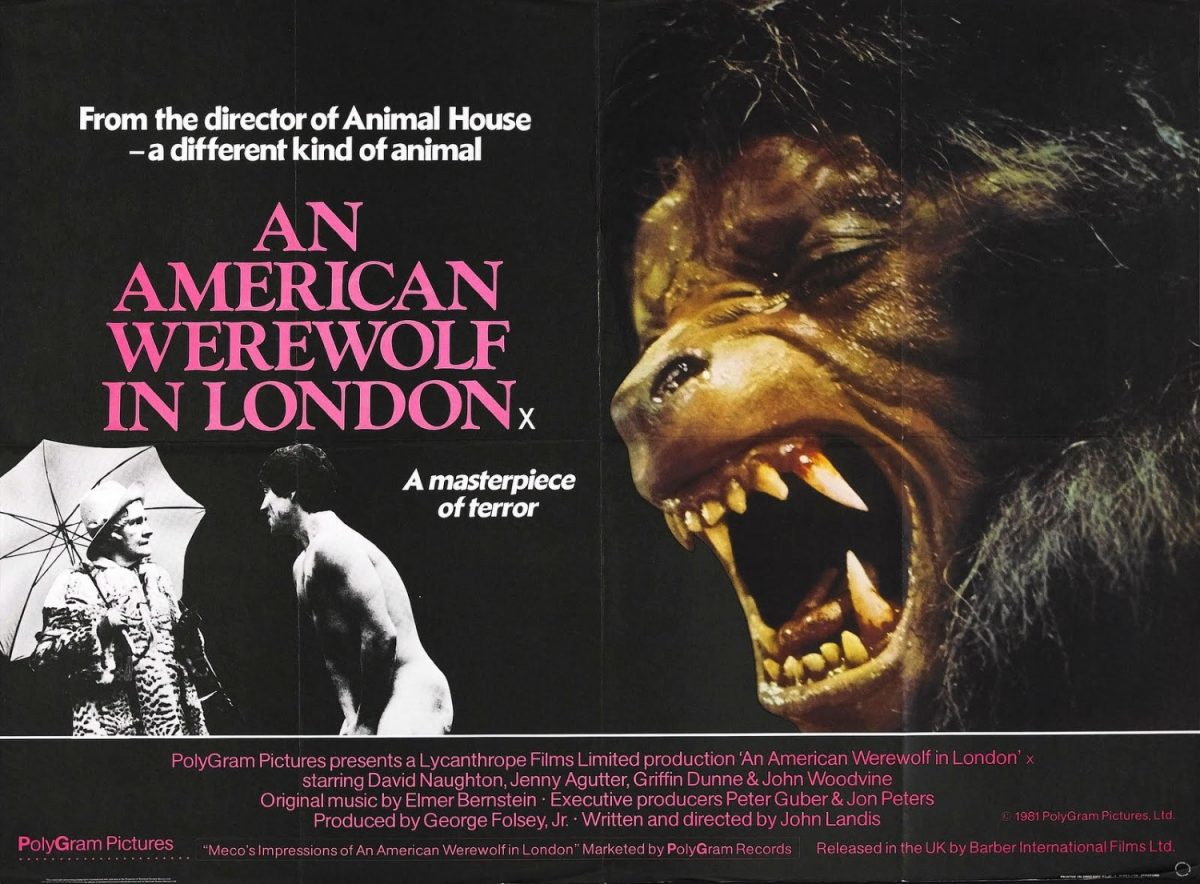
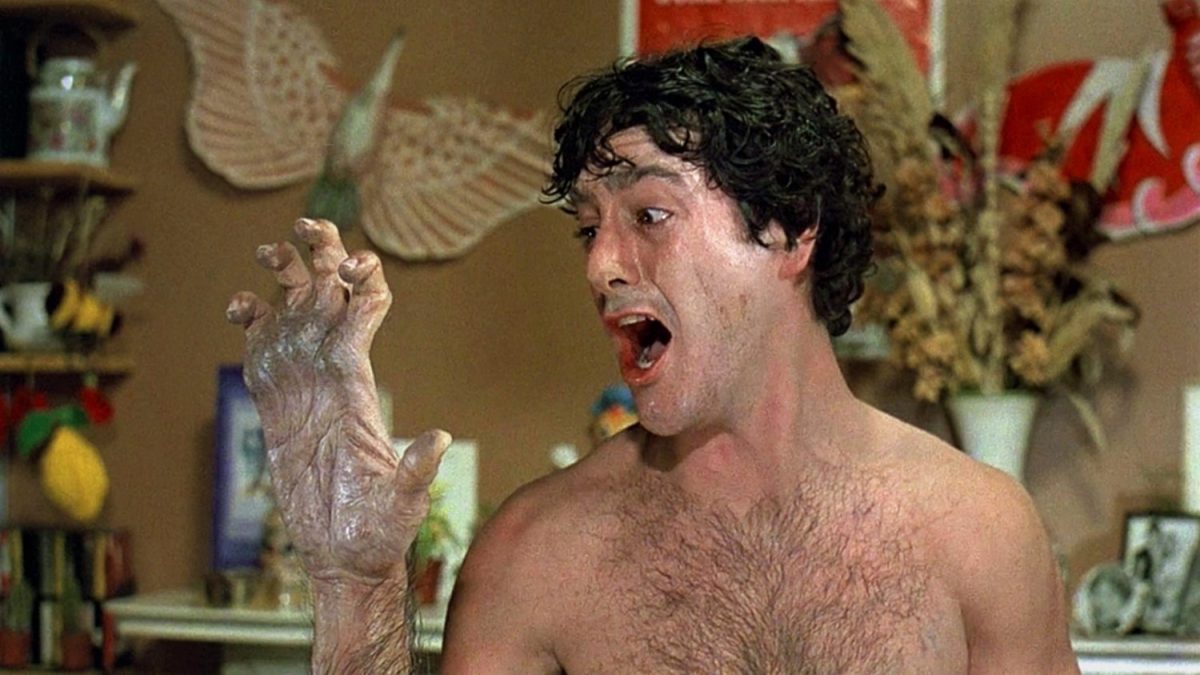
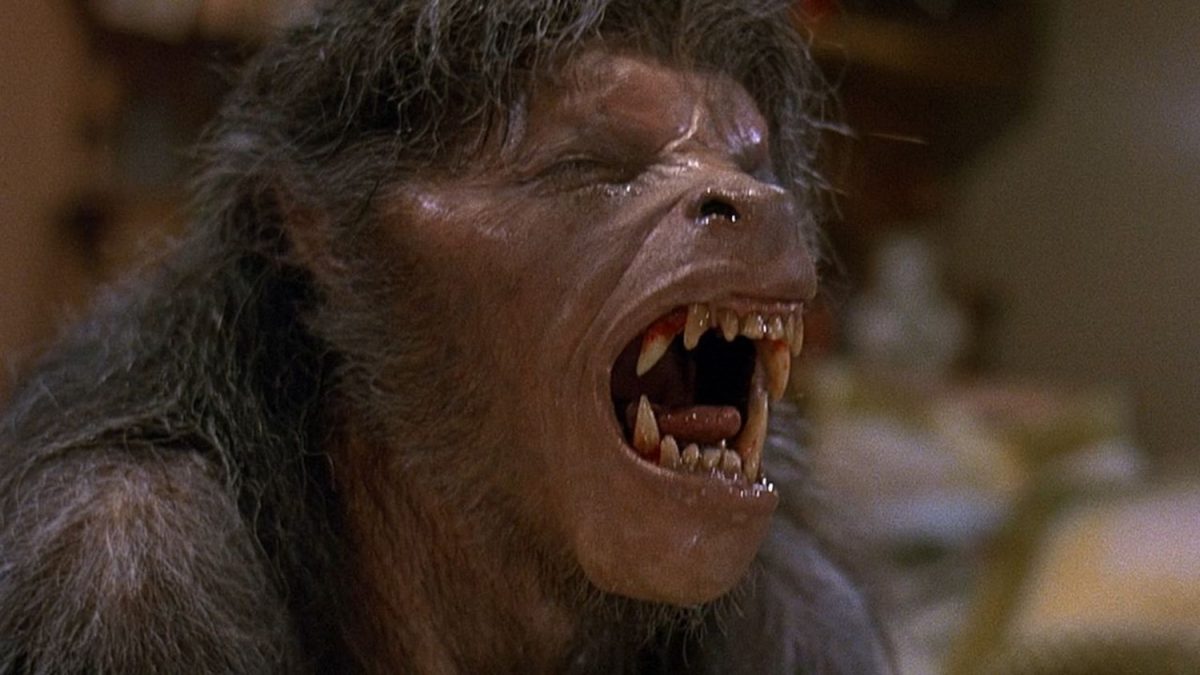
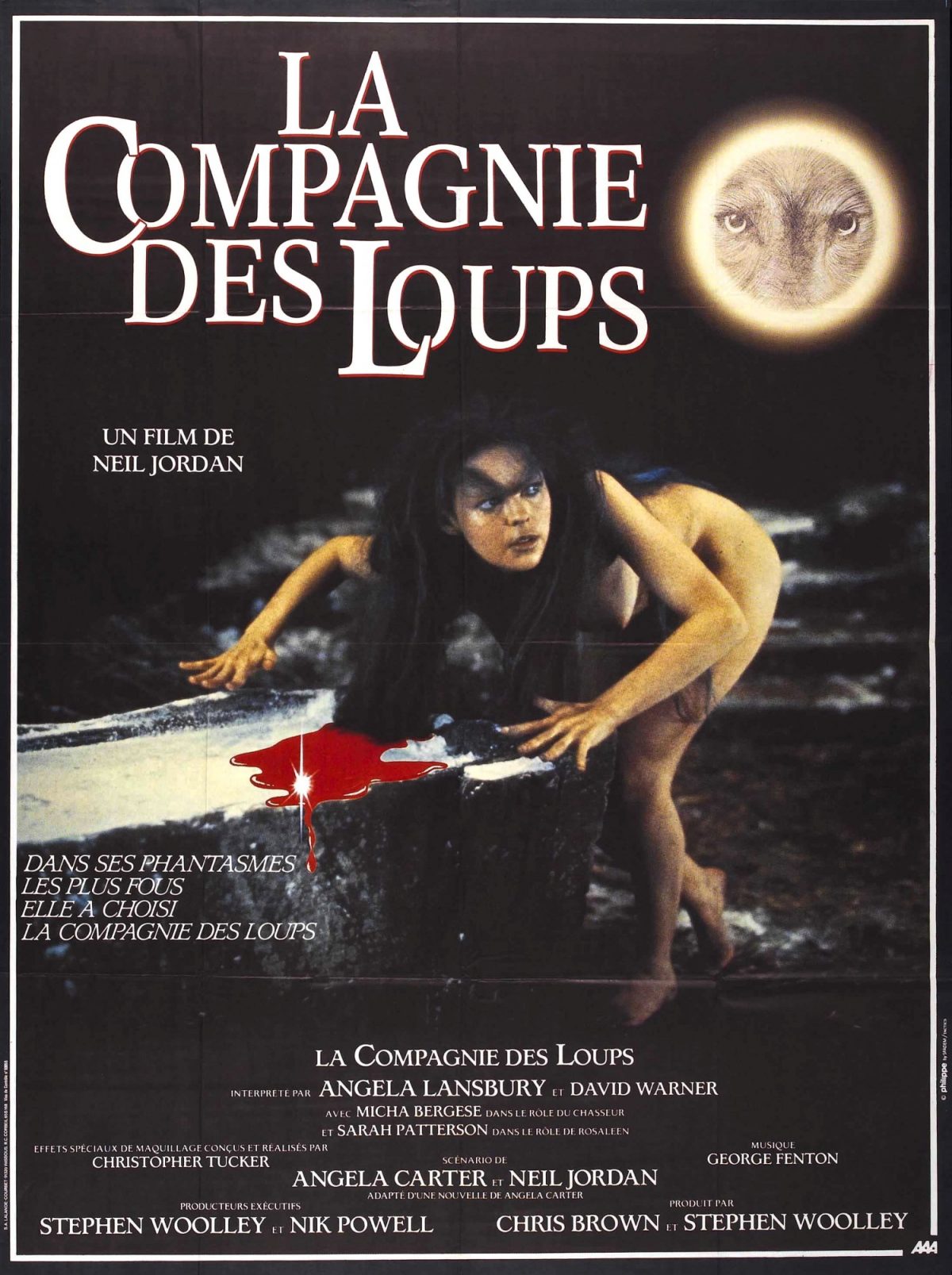
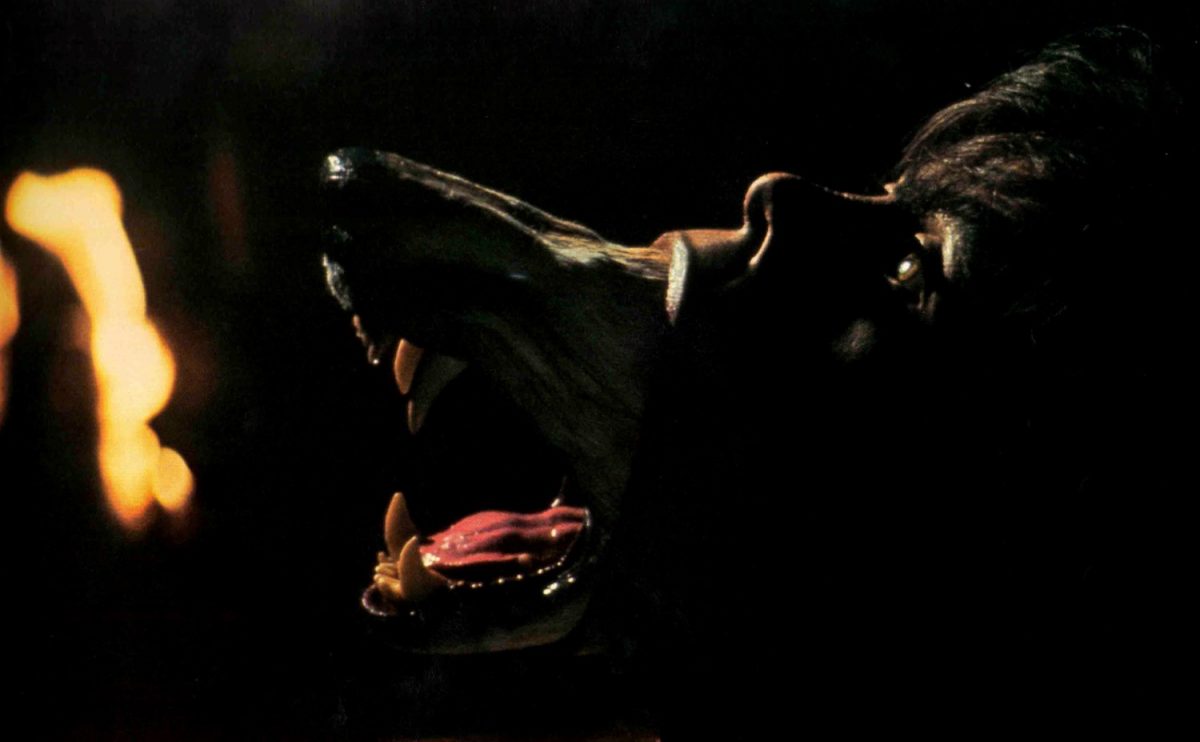
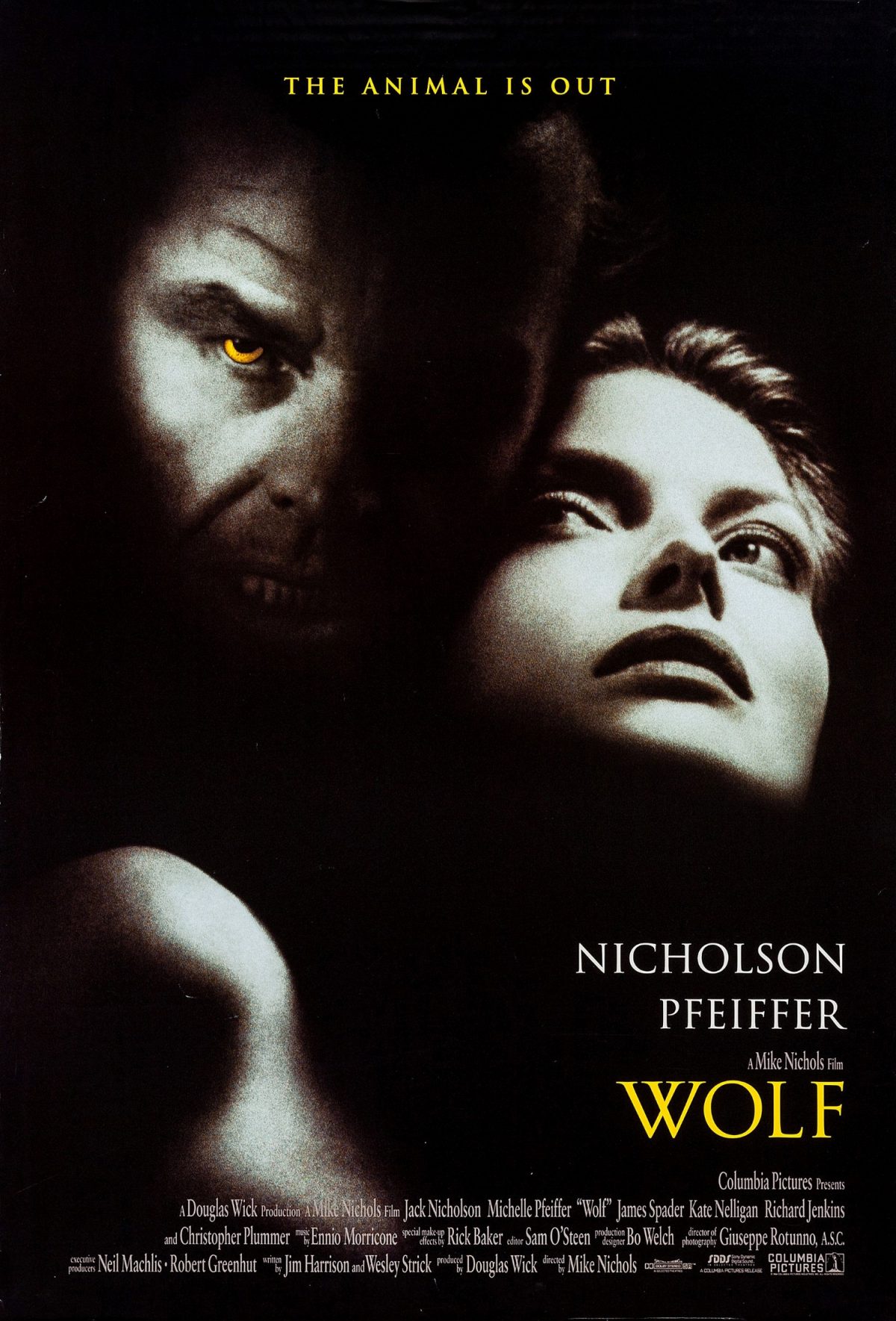
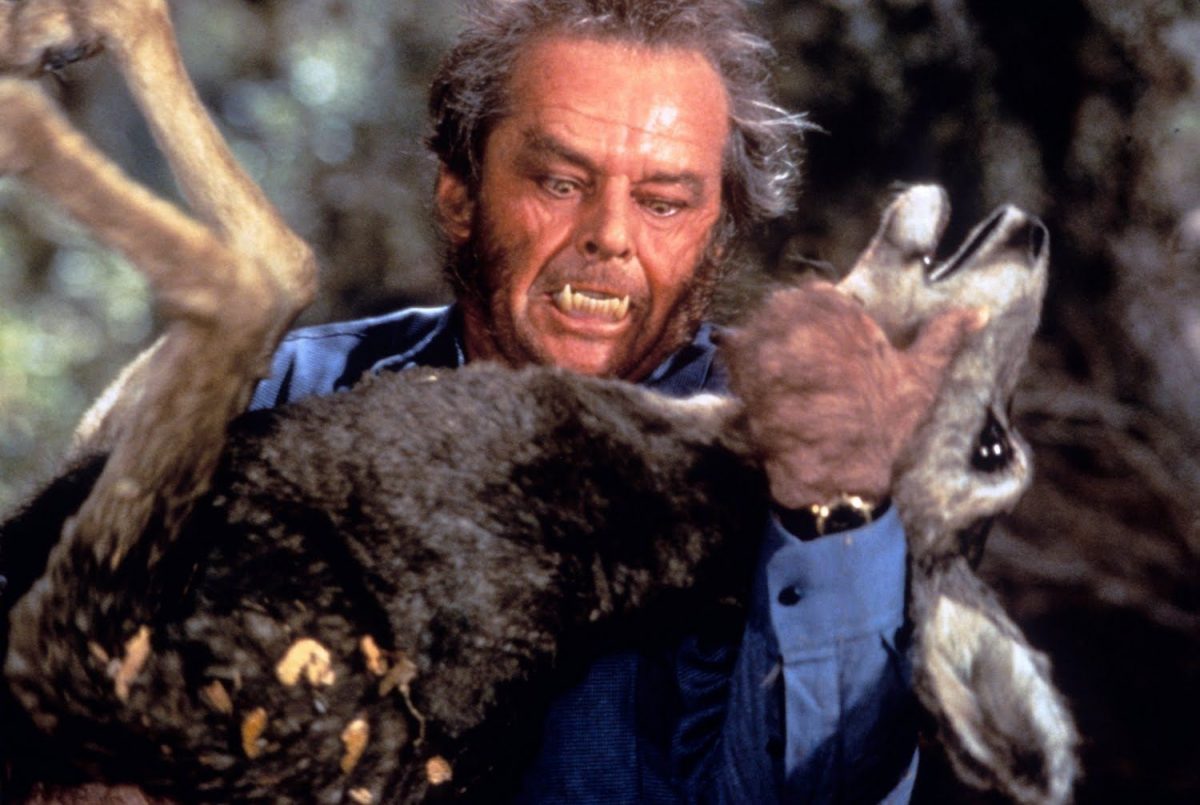
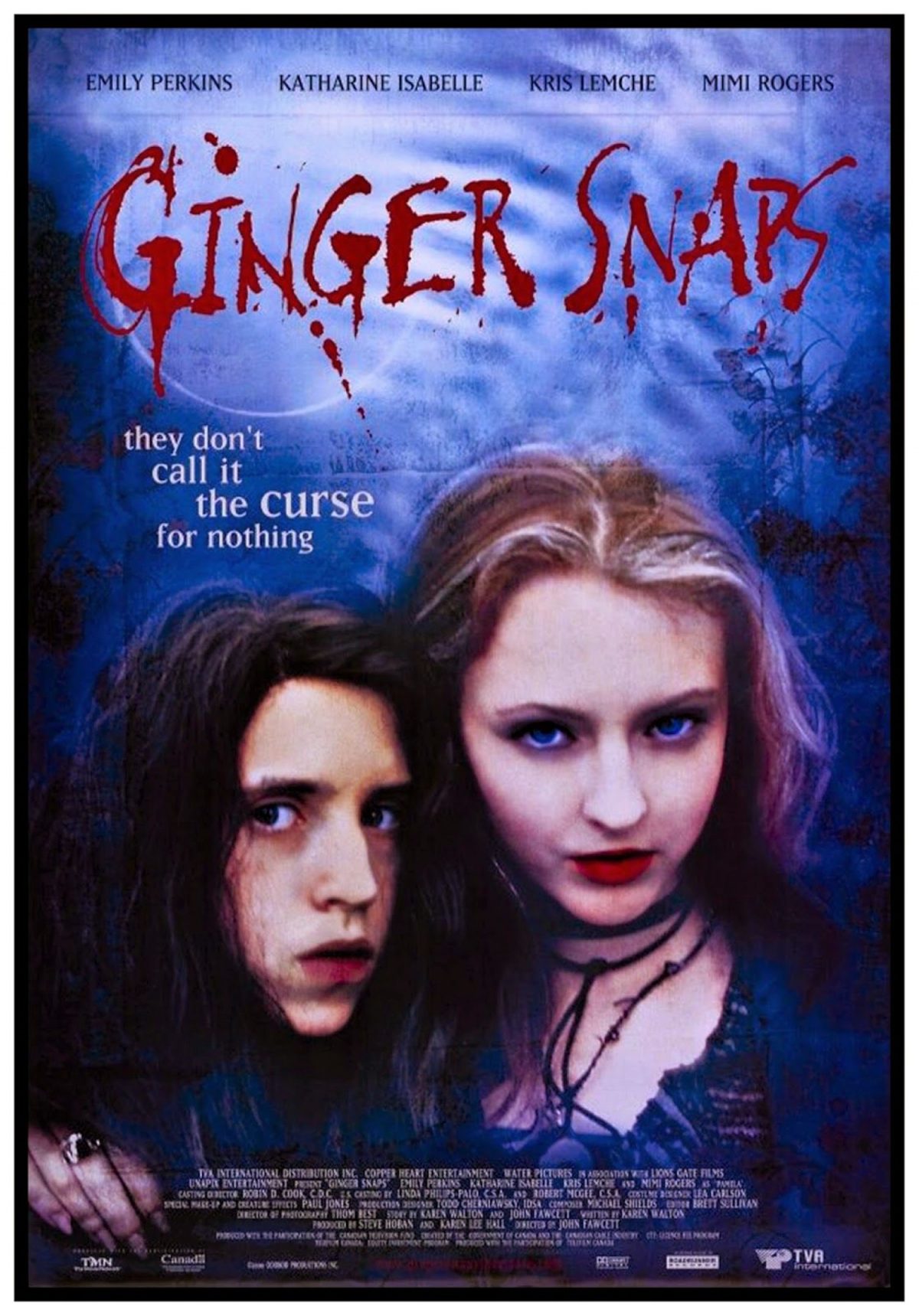
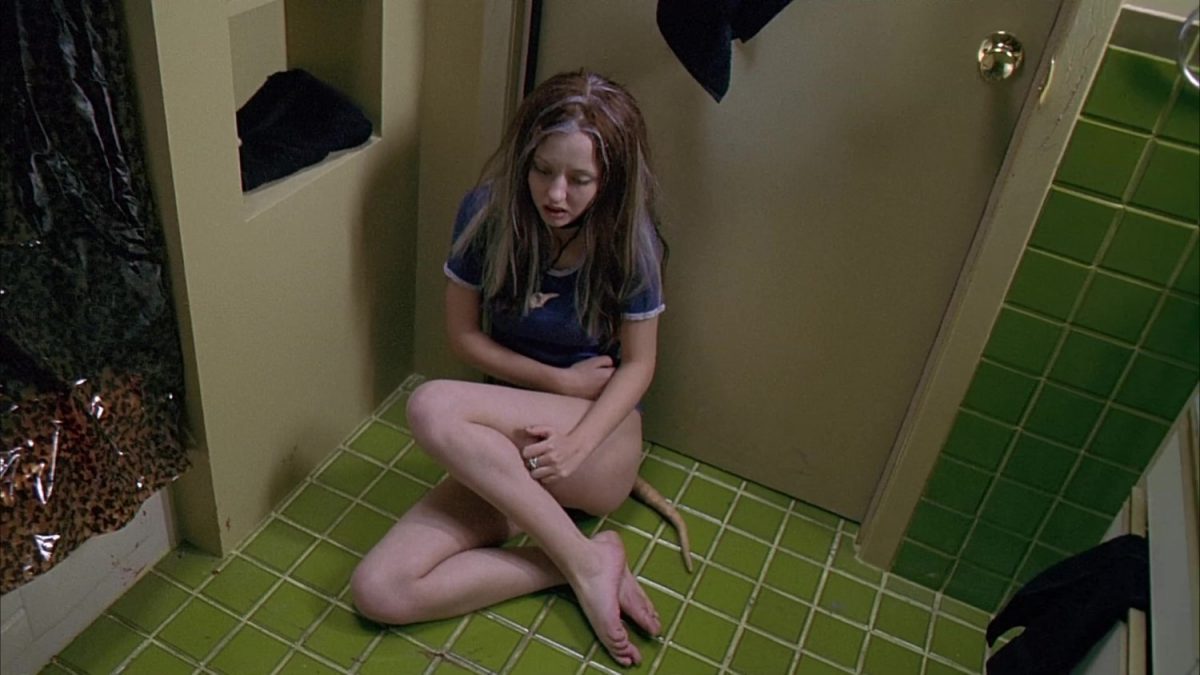
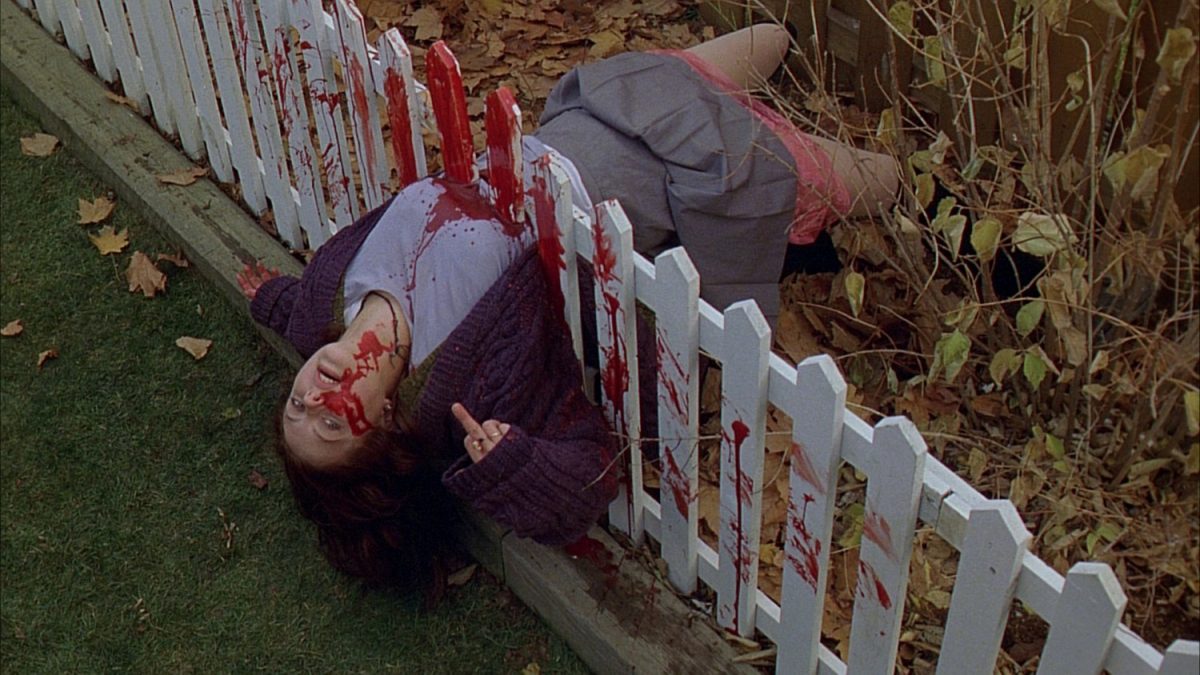
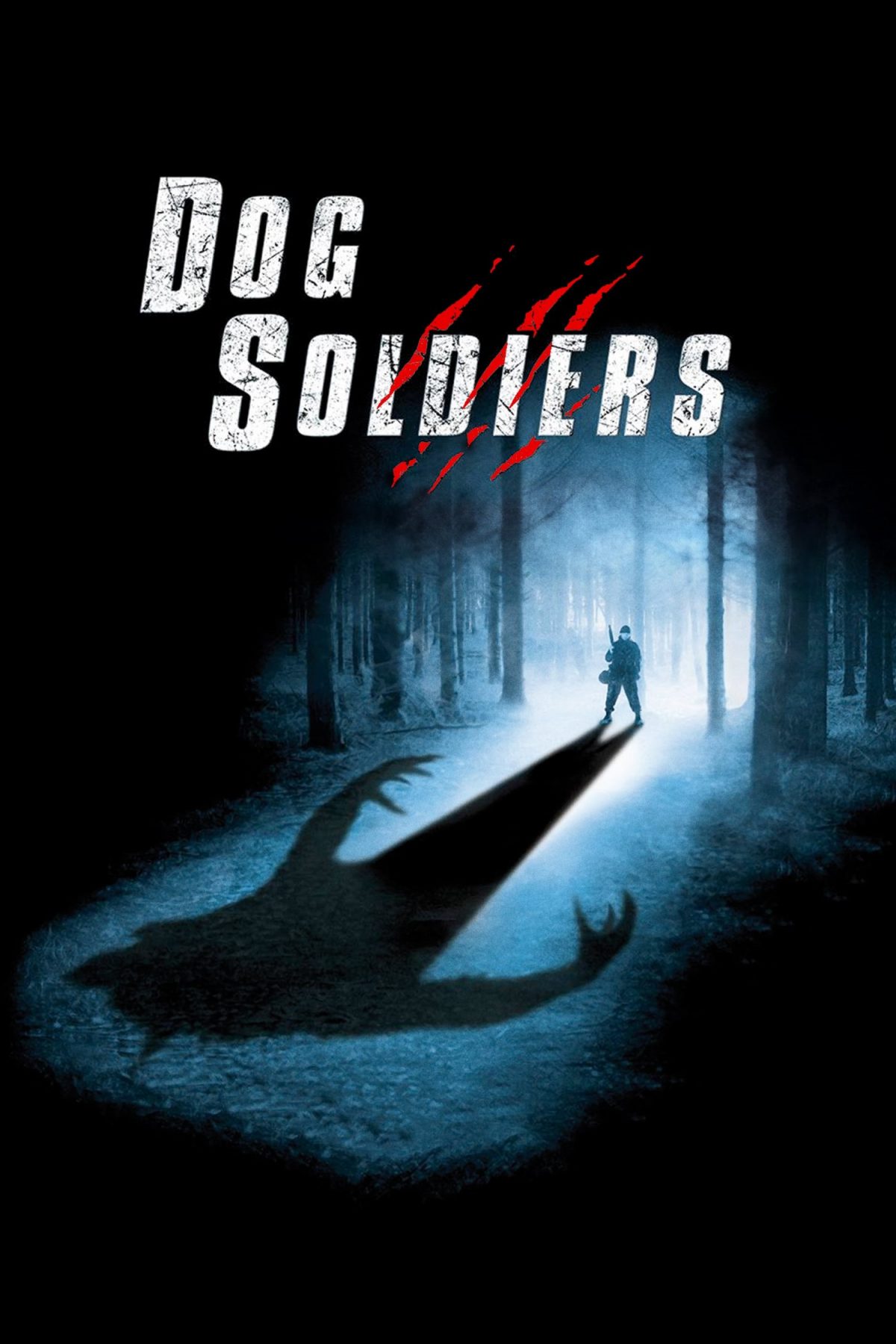
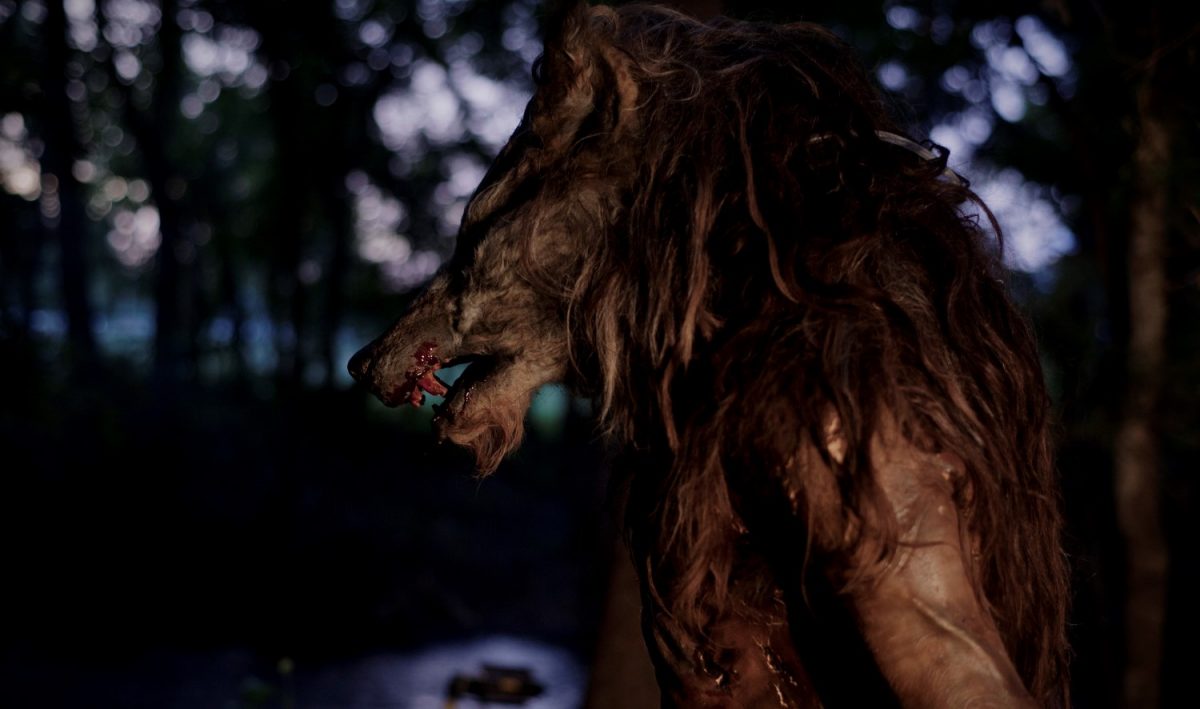
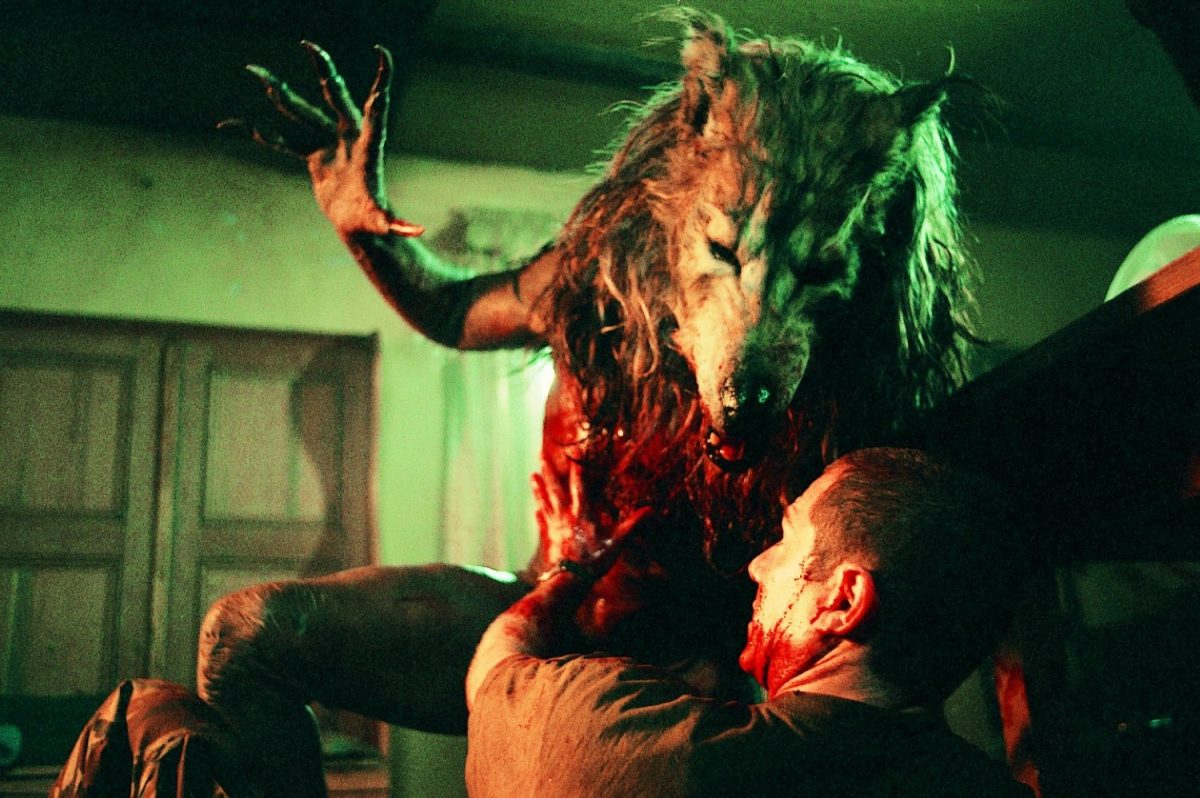
Would you like to support Flashbak?
Please consider making a donation to our site. We don't want to rely on ads to bring you the best of visual culture. You can also support us by signing up to our Mailing List. And you can also follow us on Facebook, Instagram and Twitter. For great art and culture delivered to your door, visit our shop.

